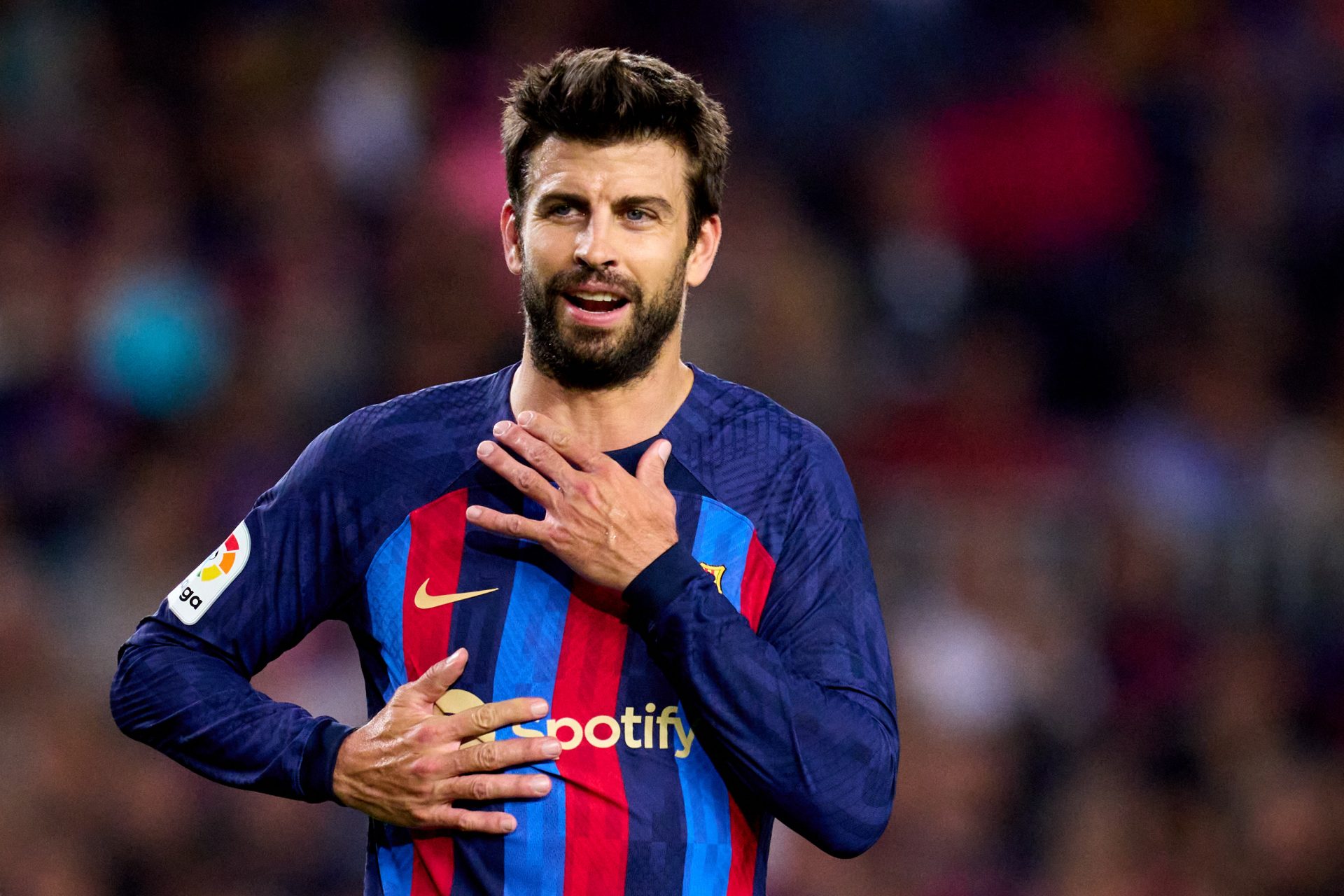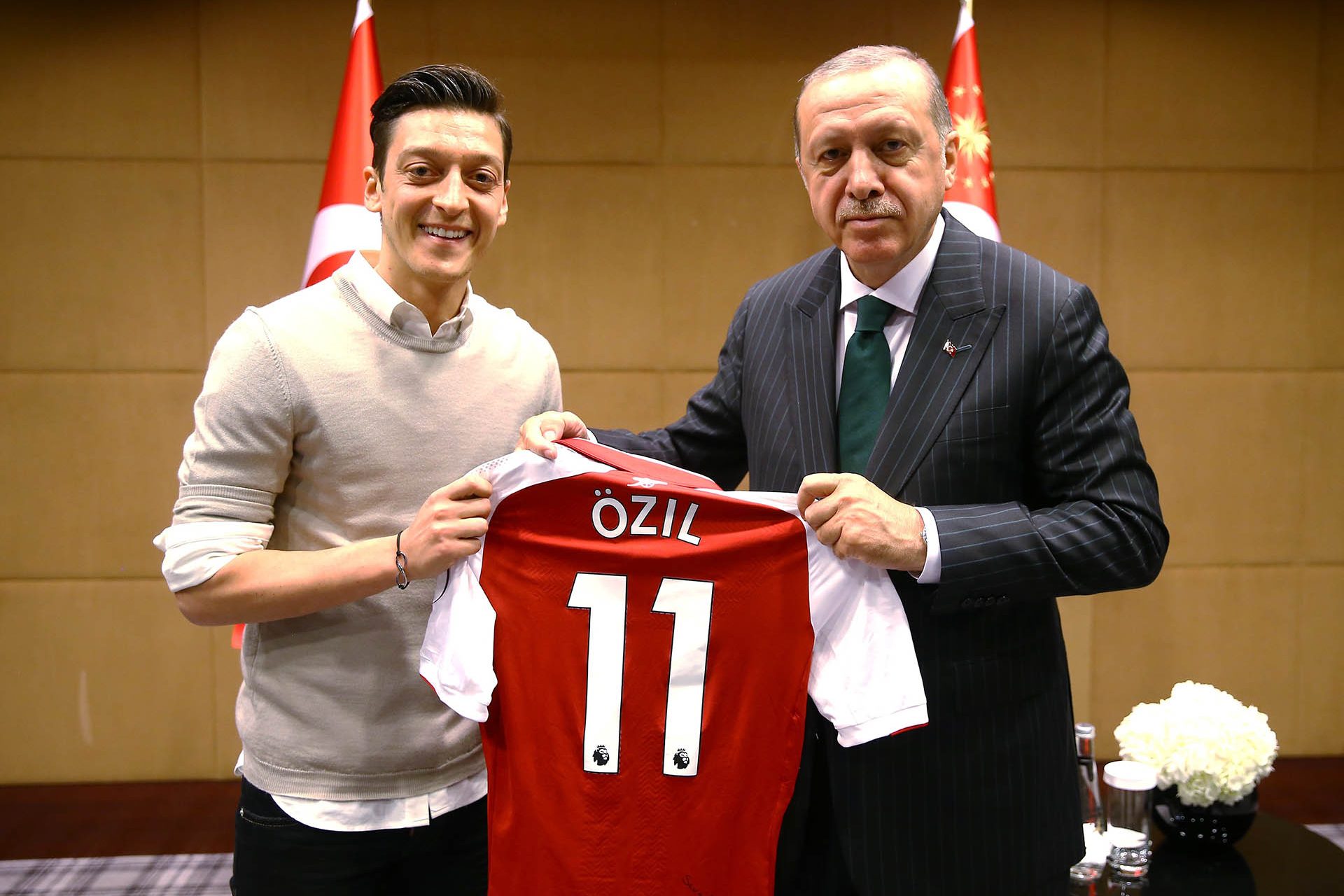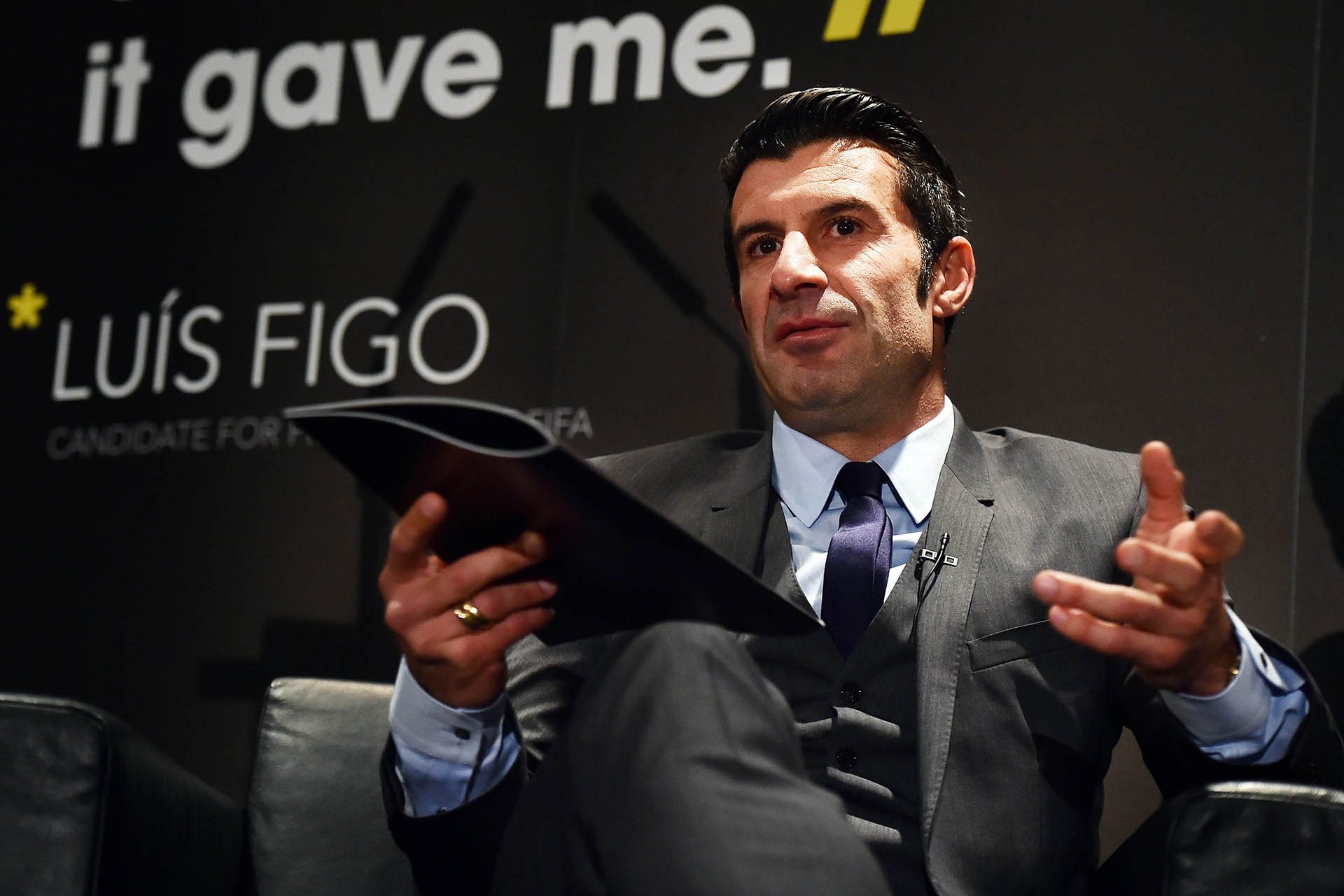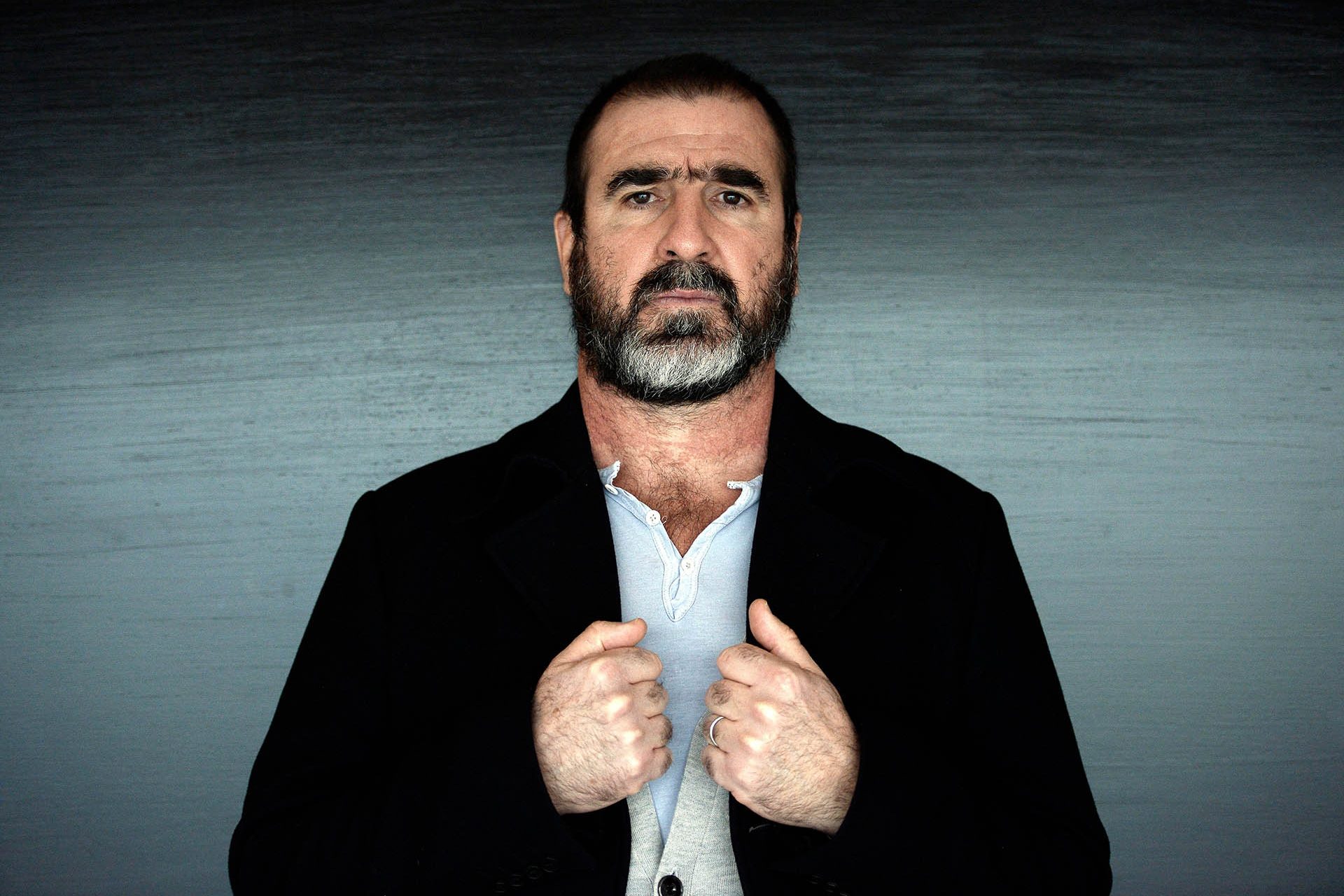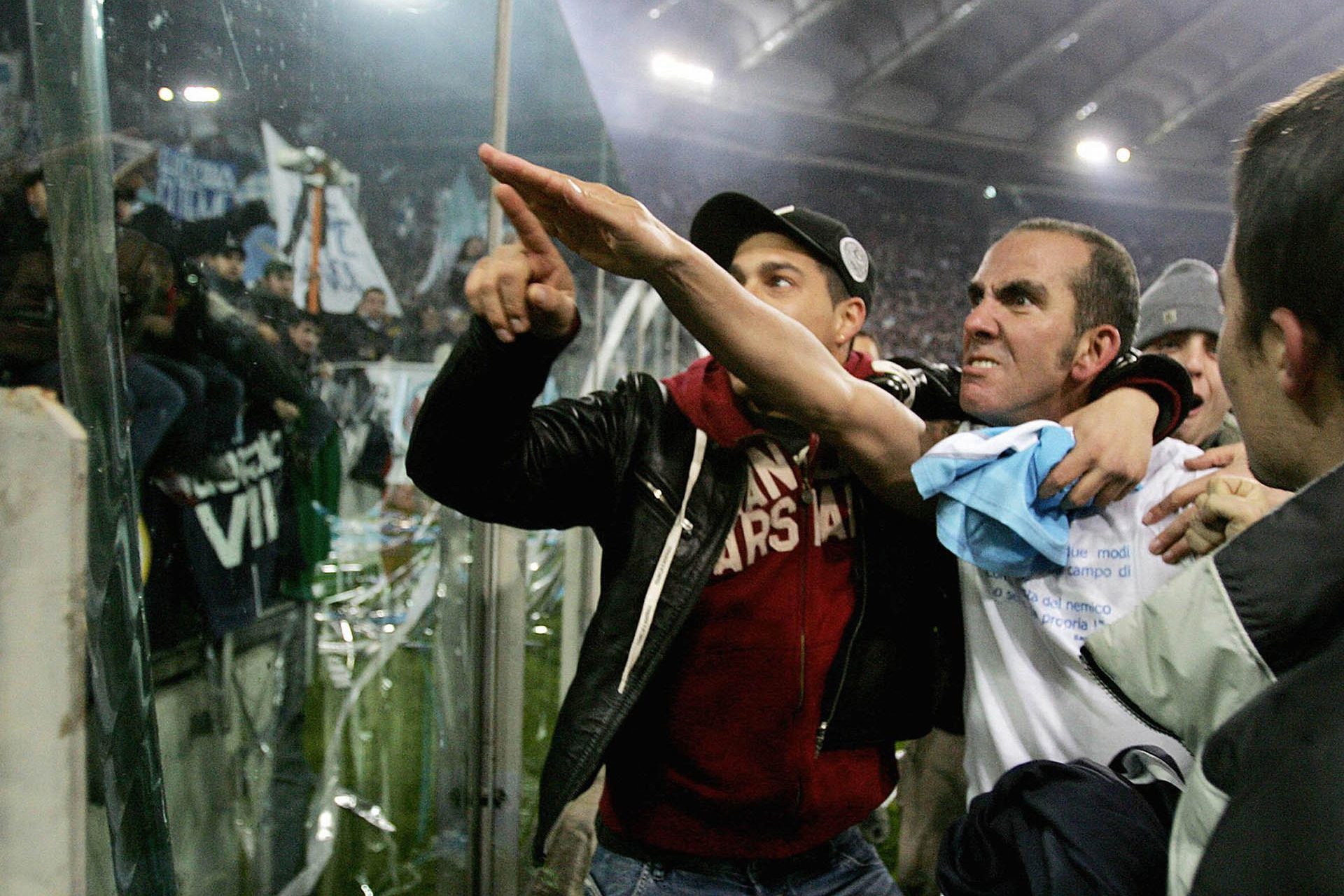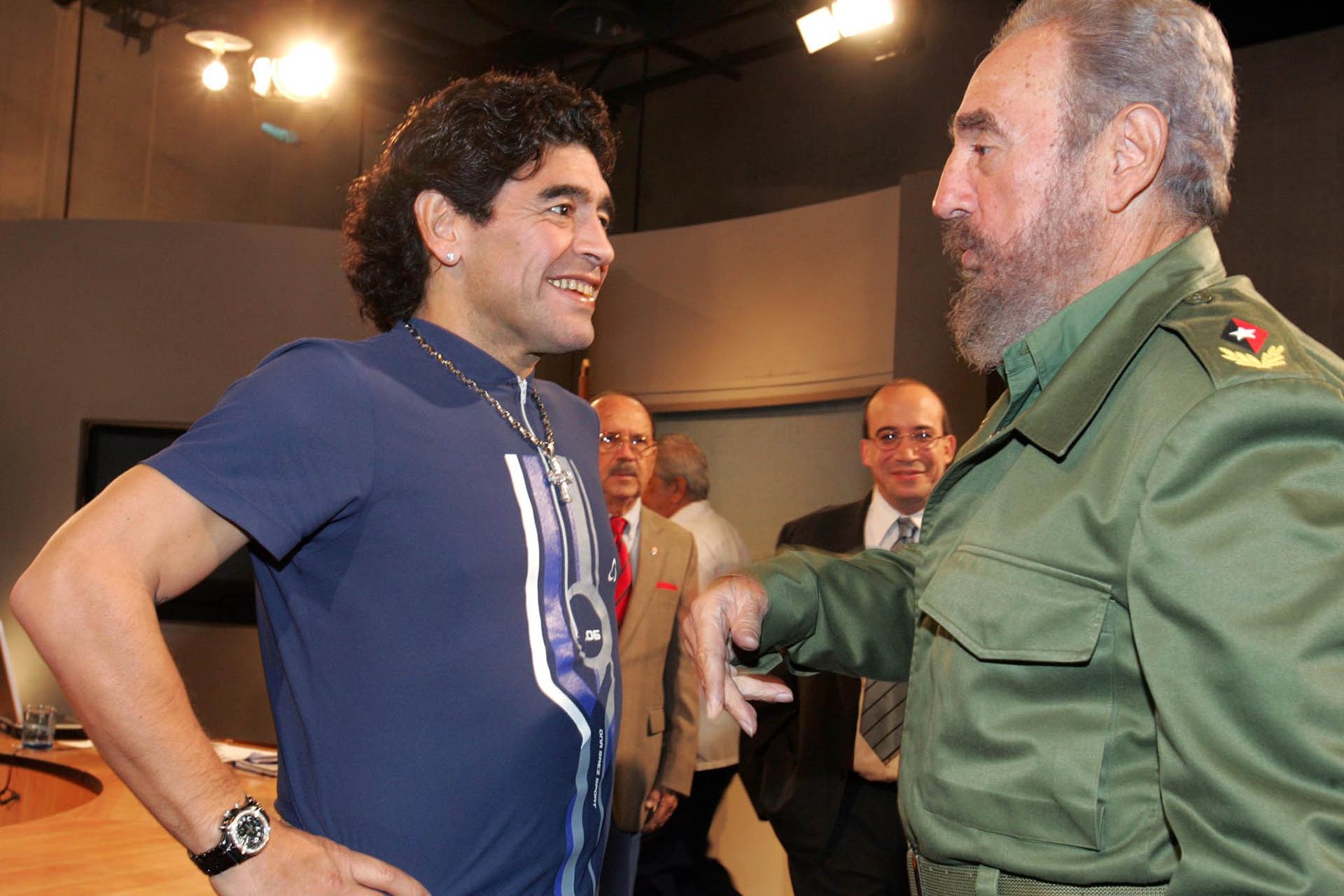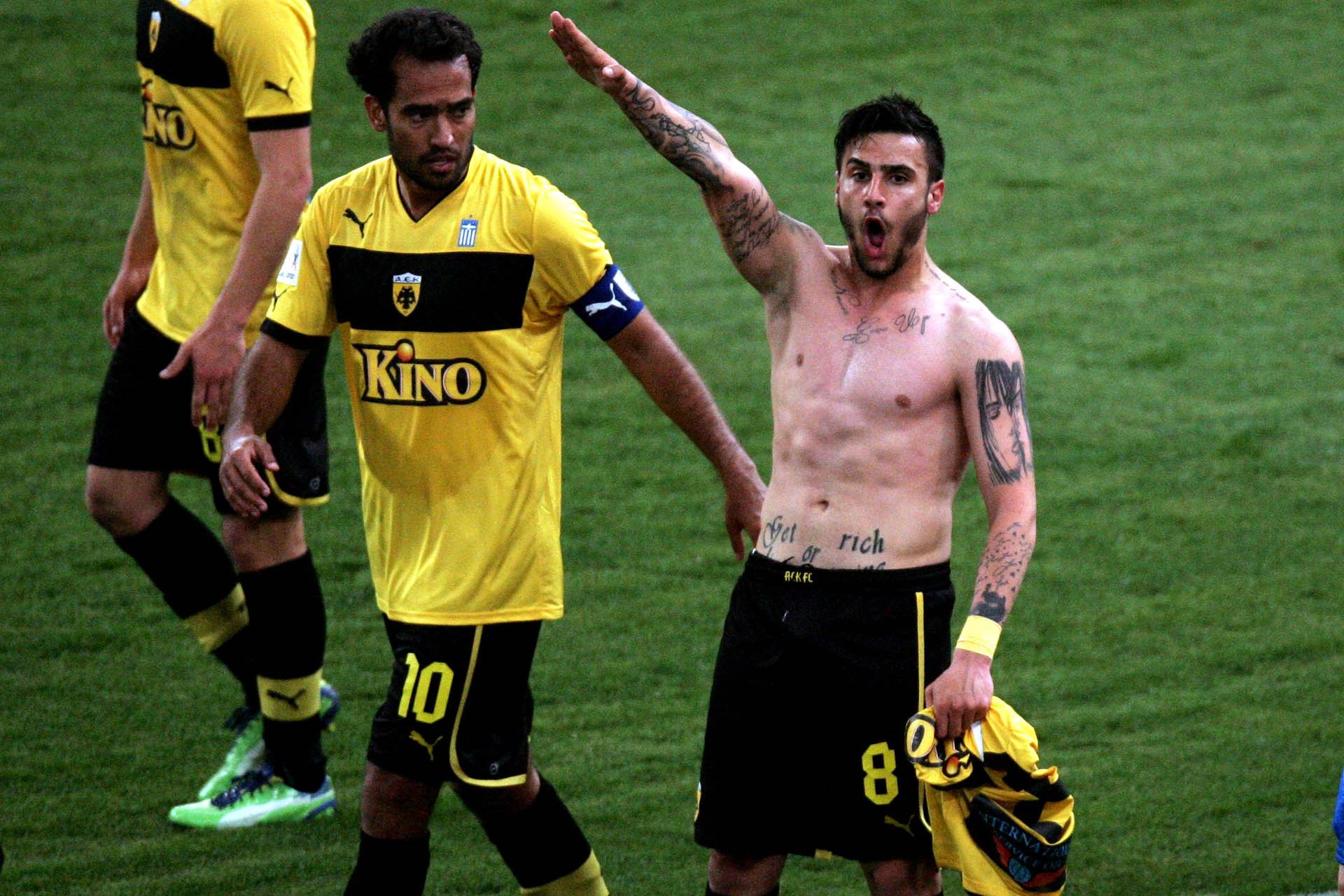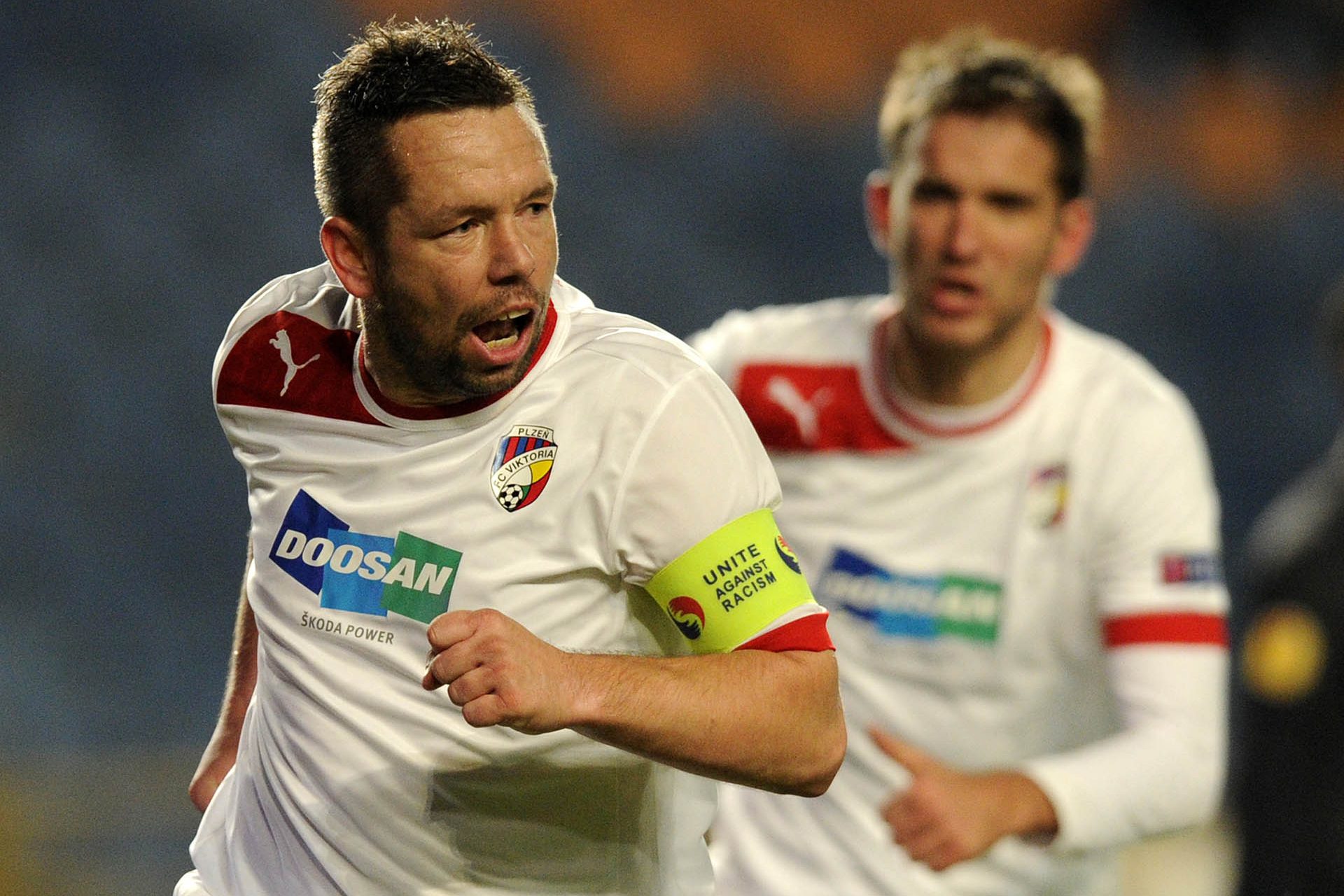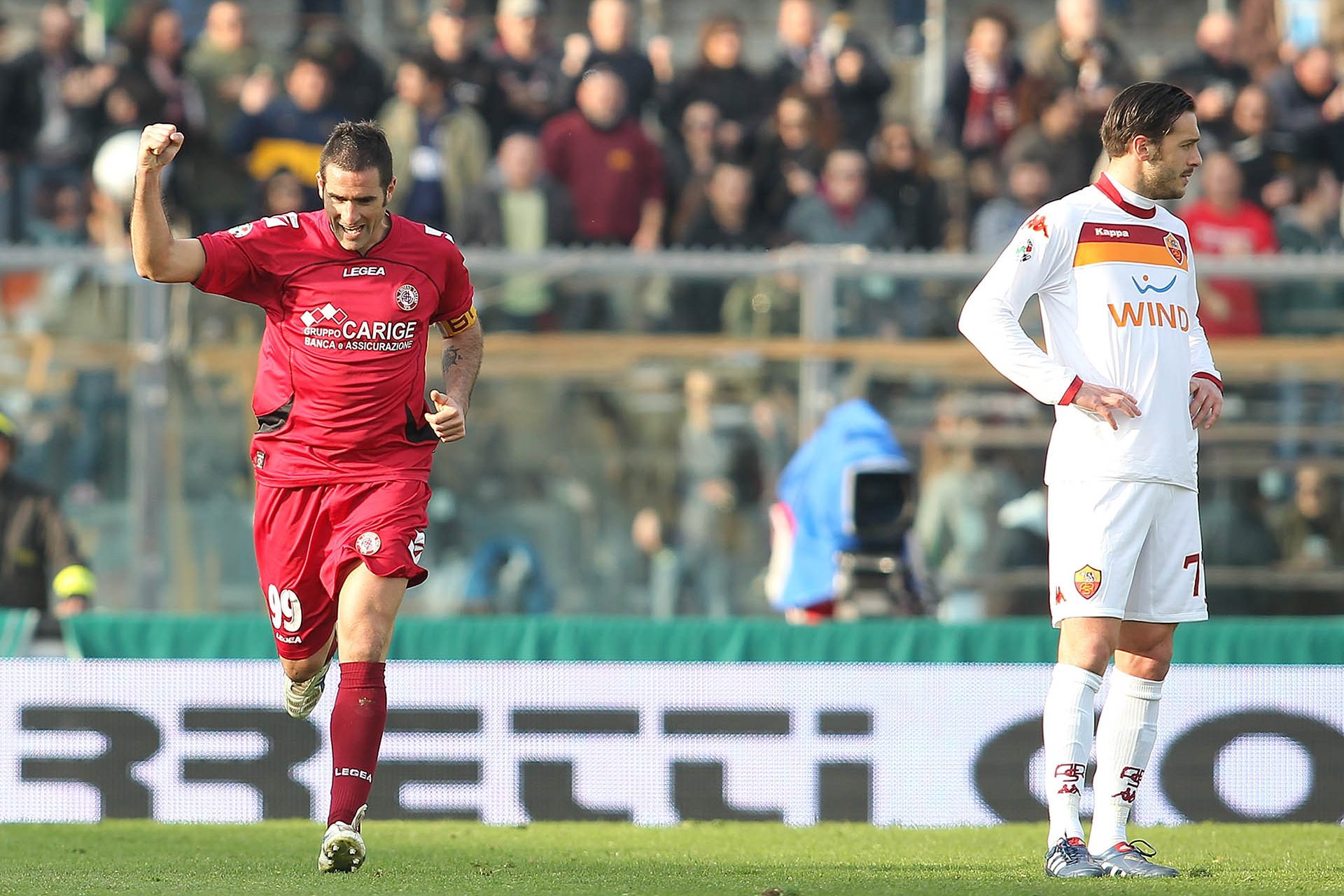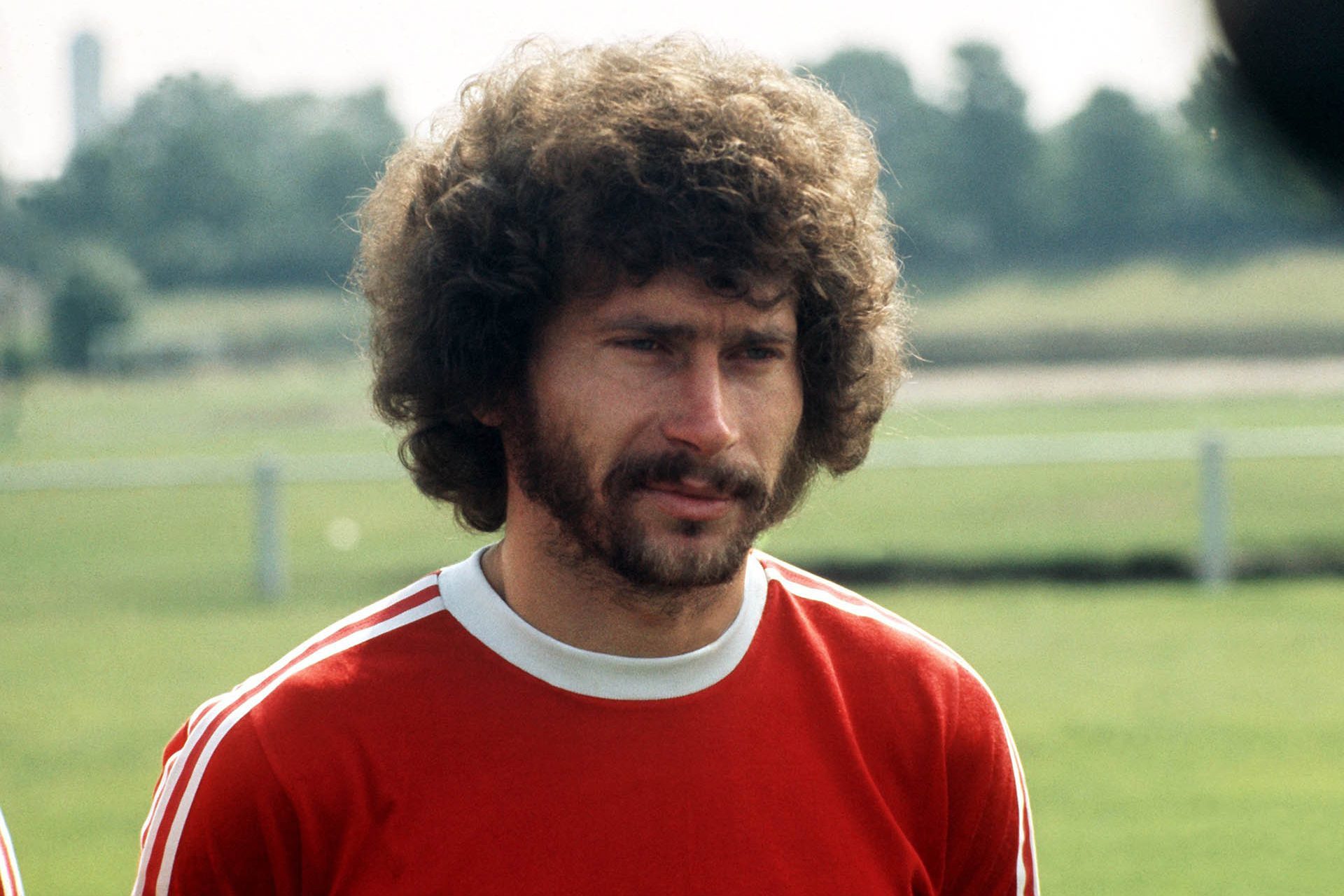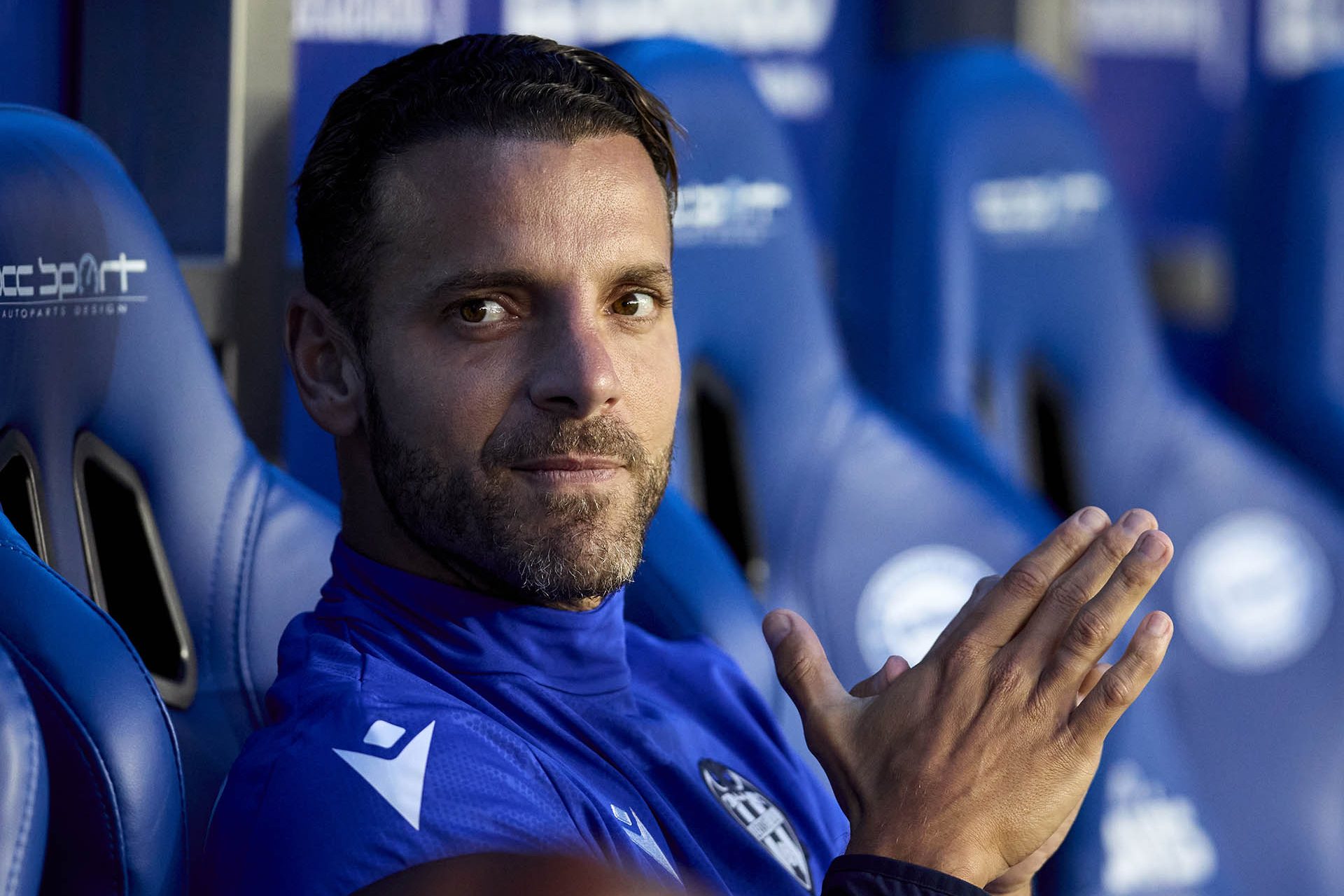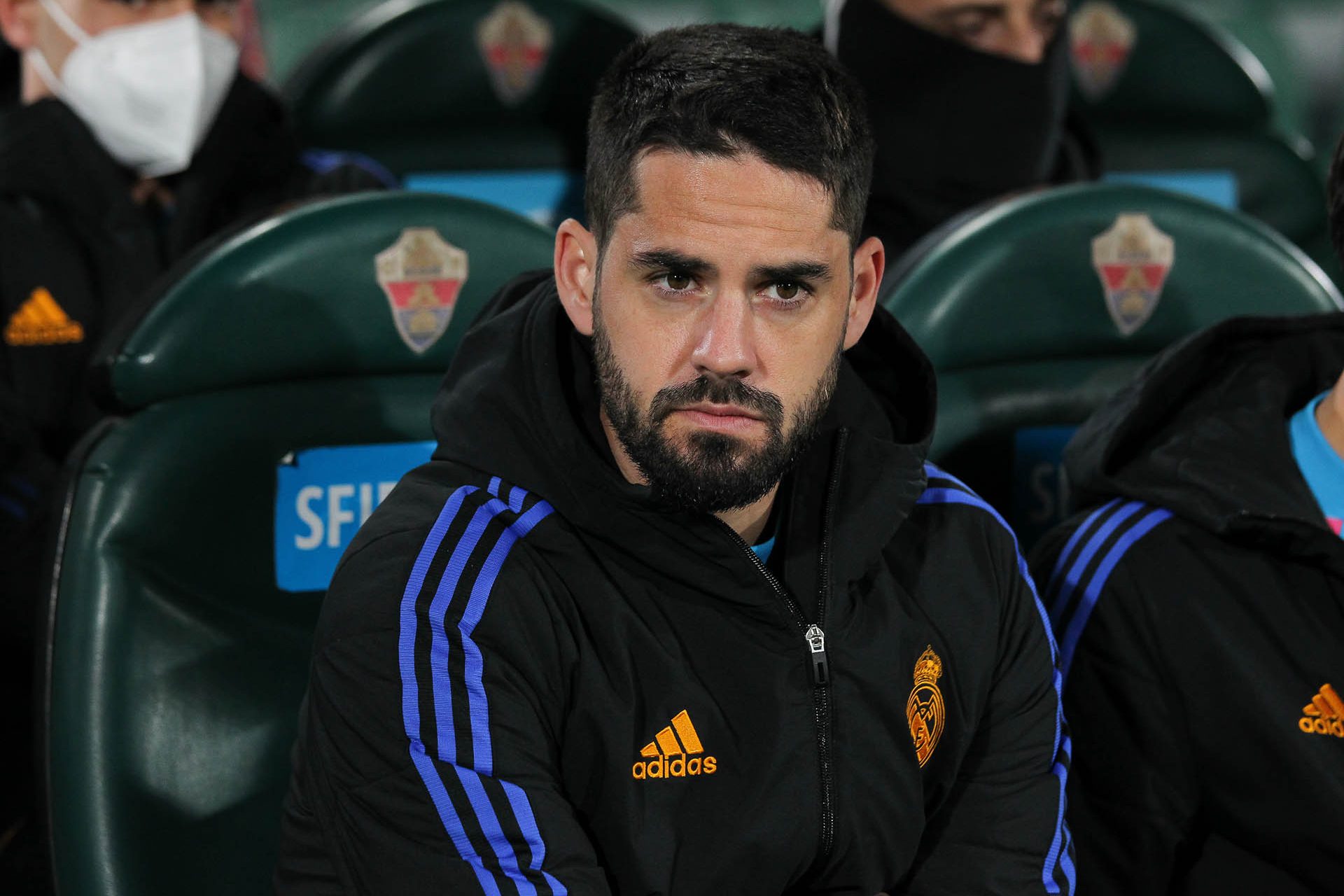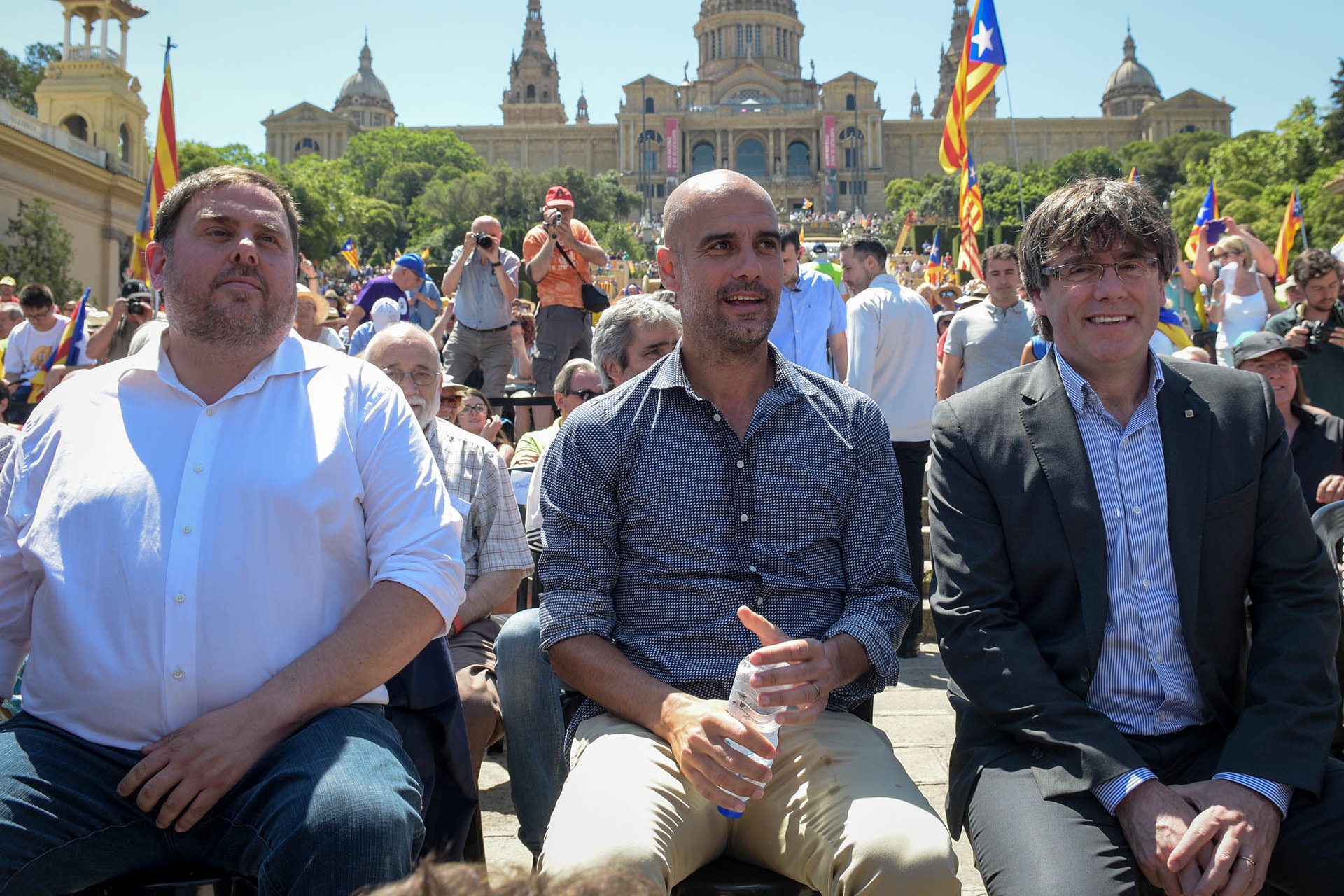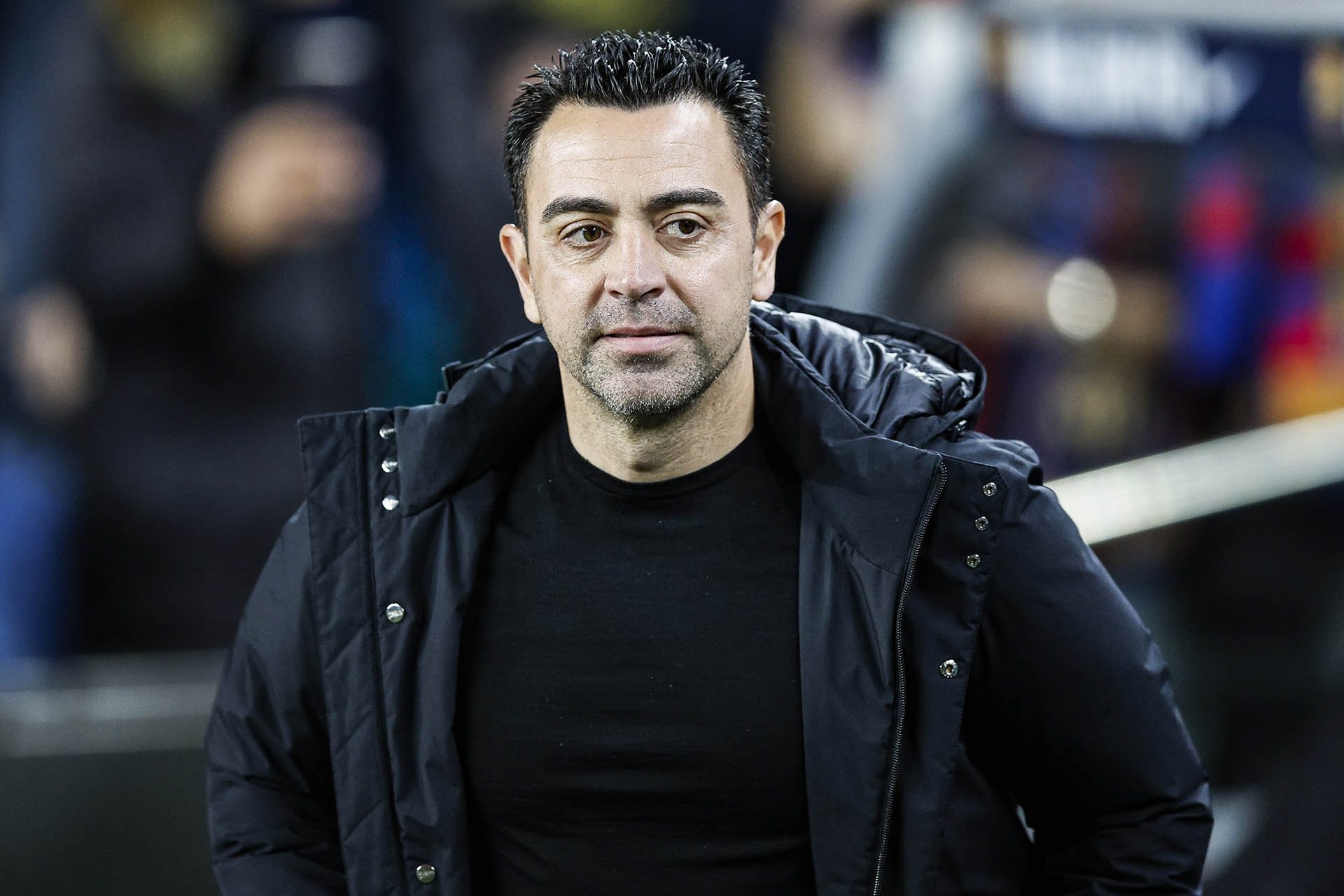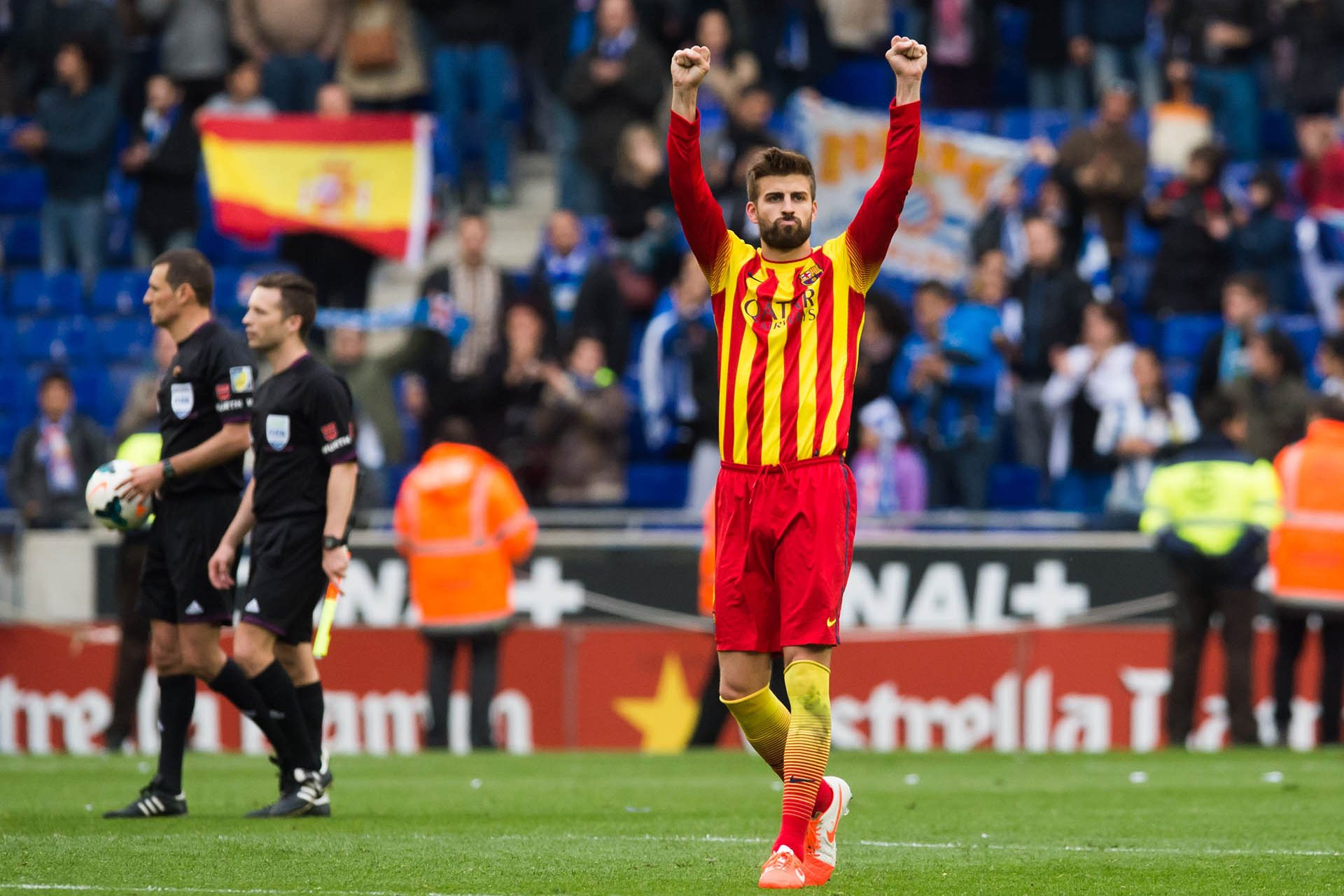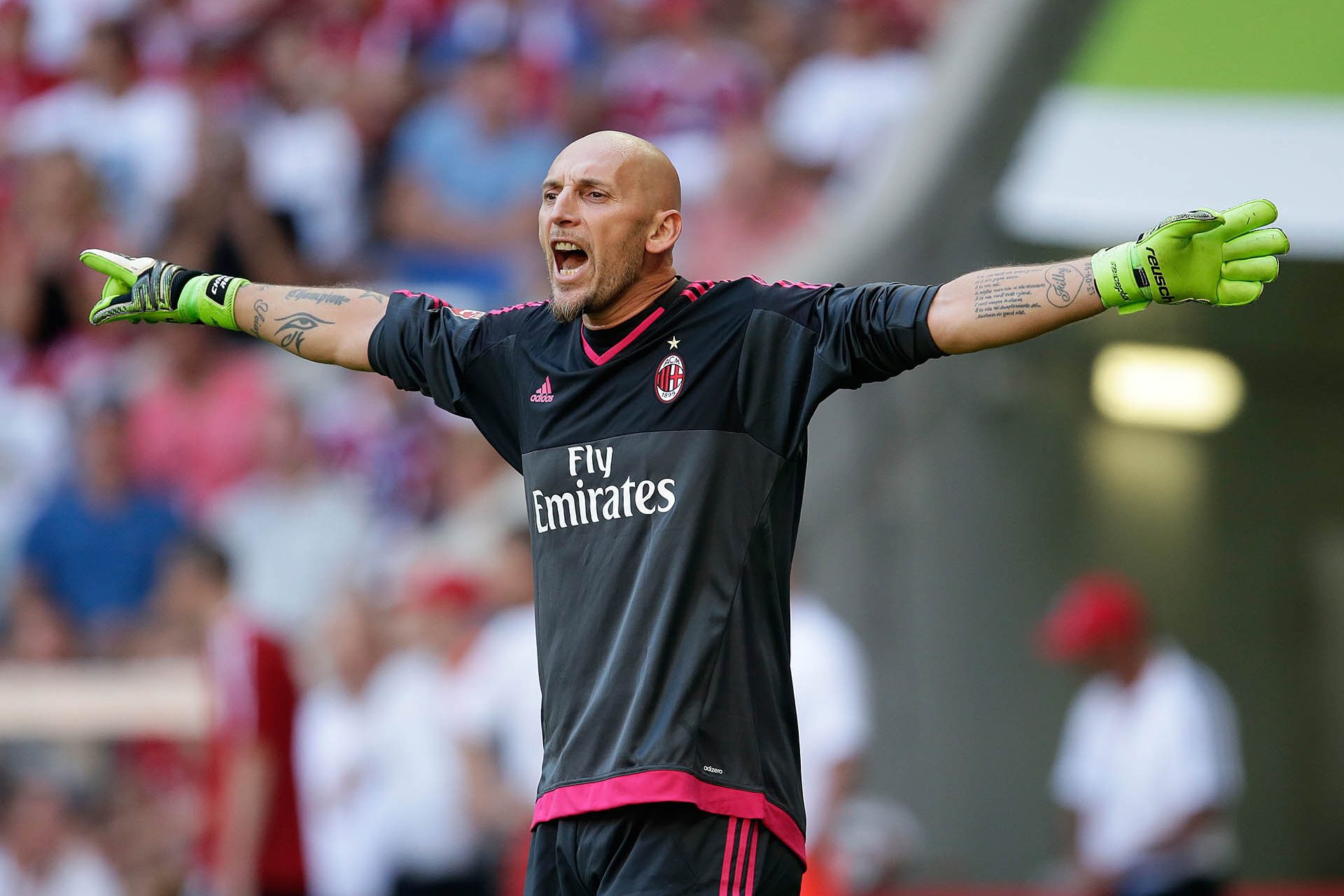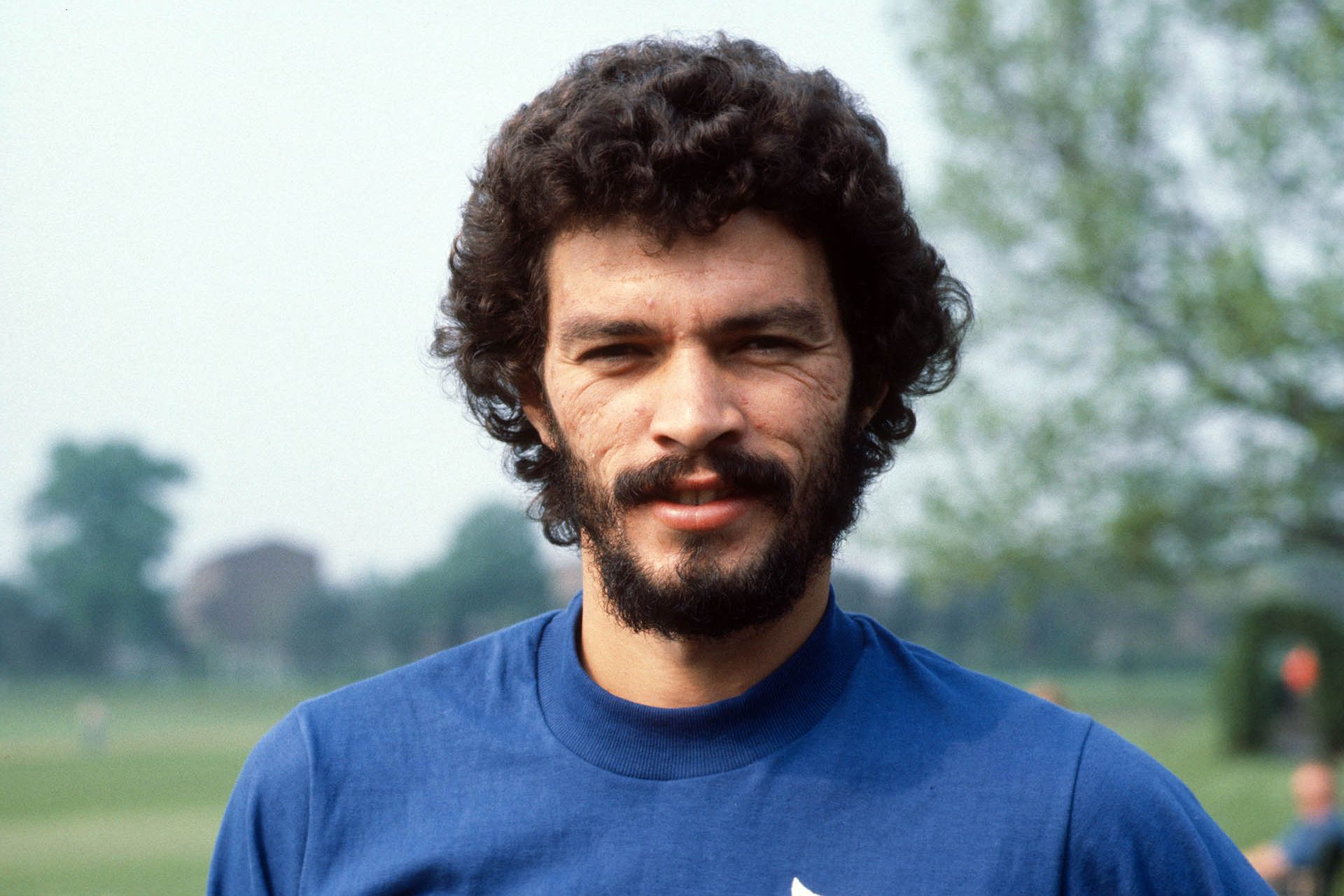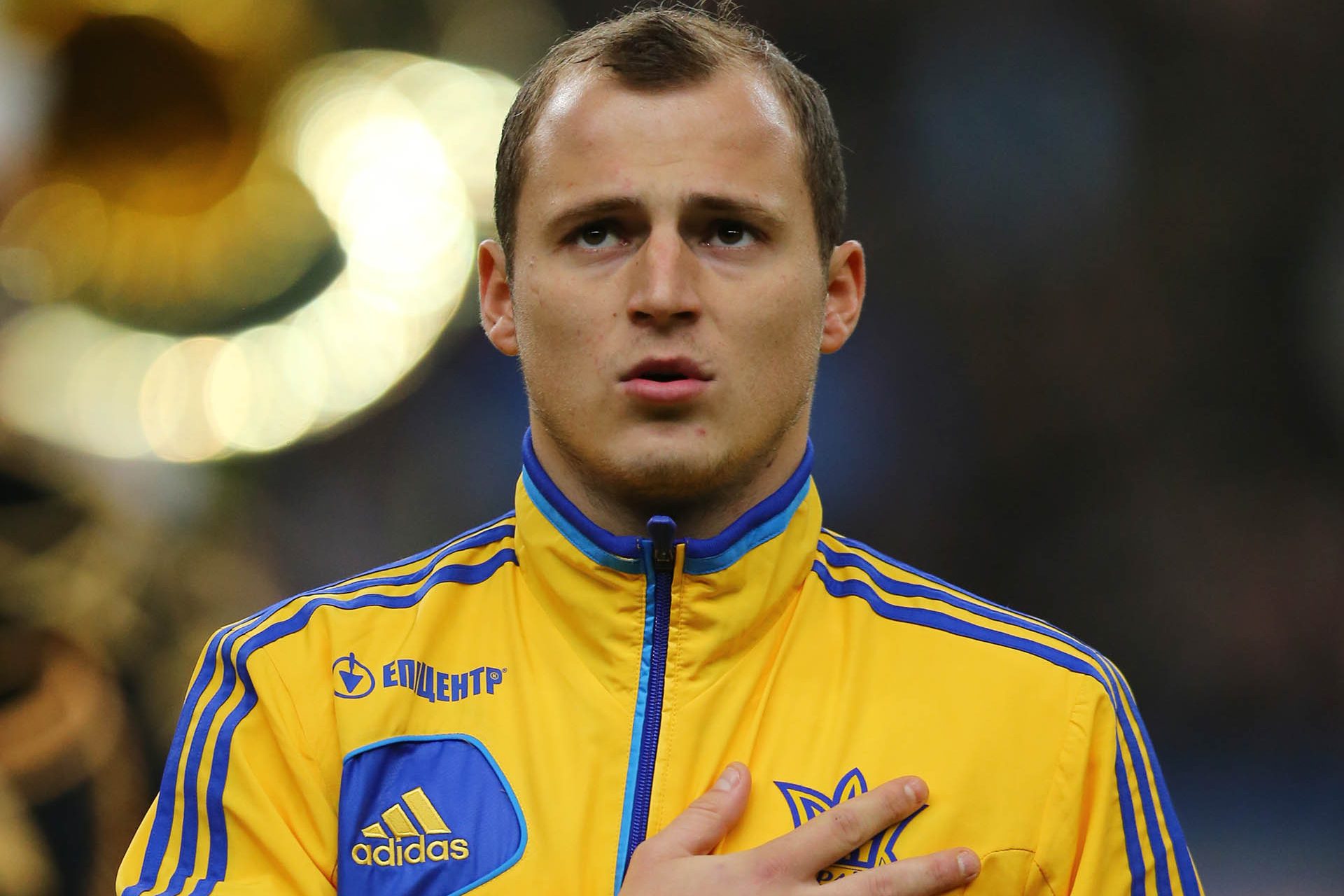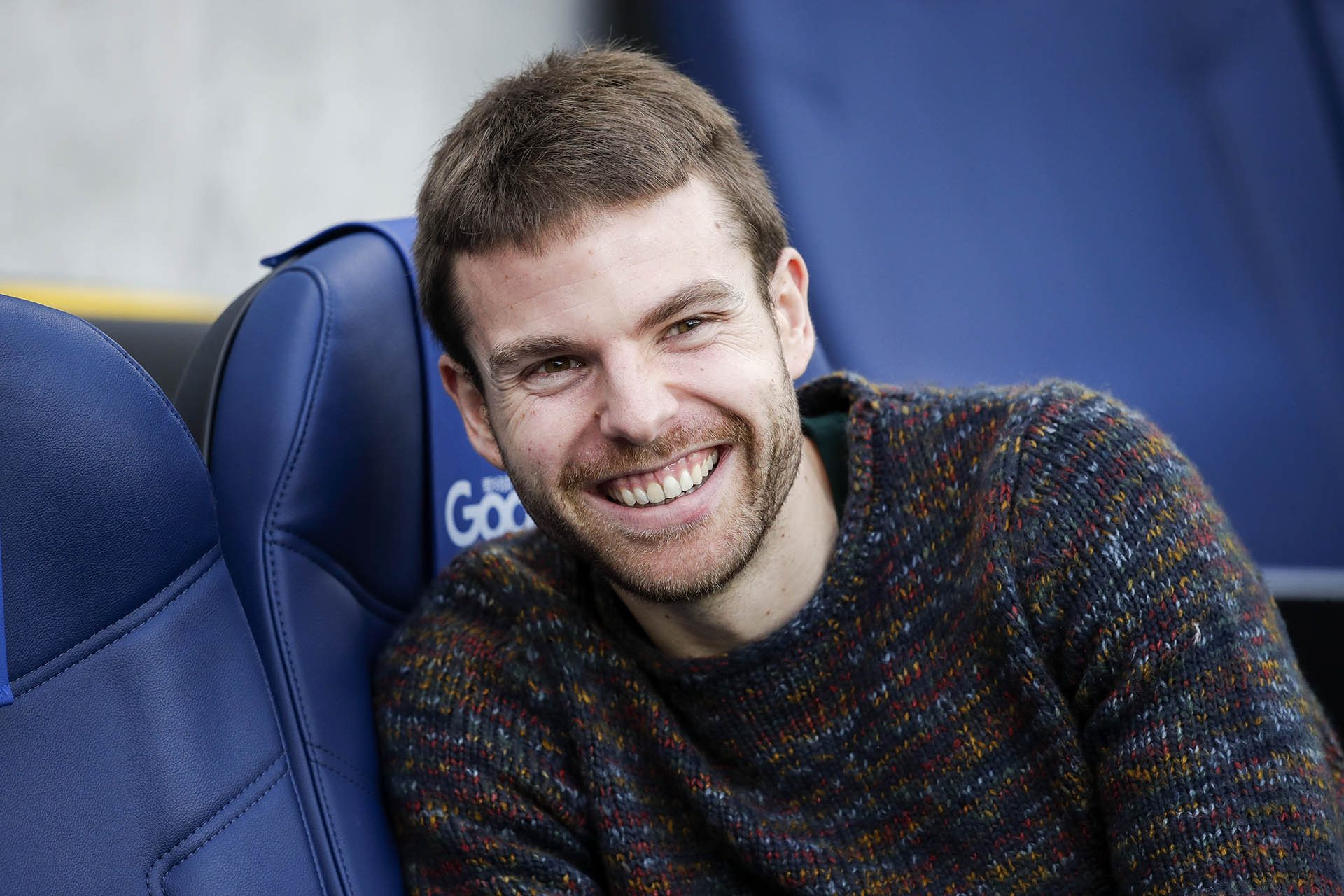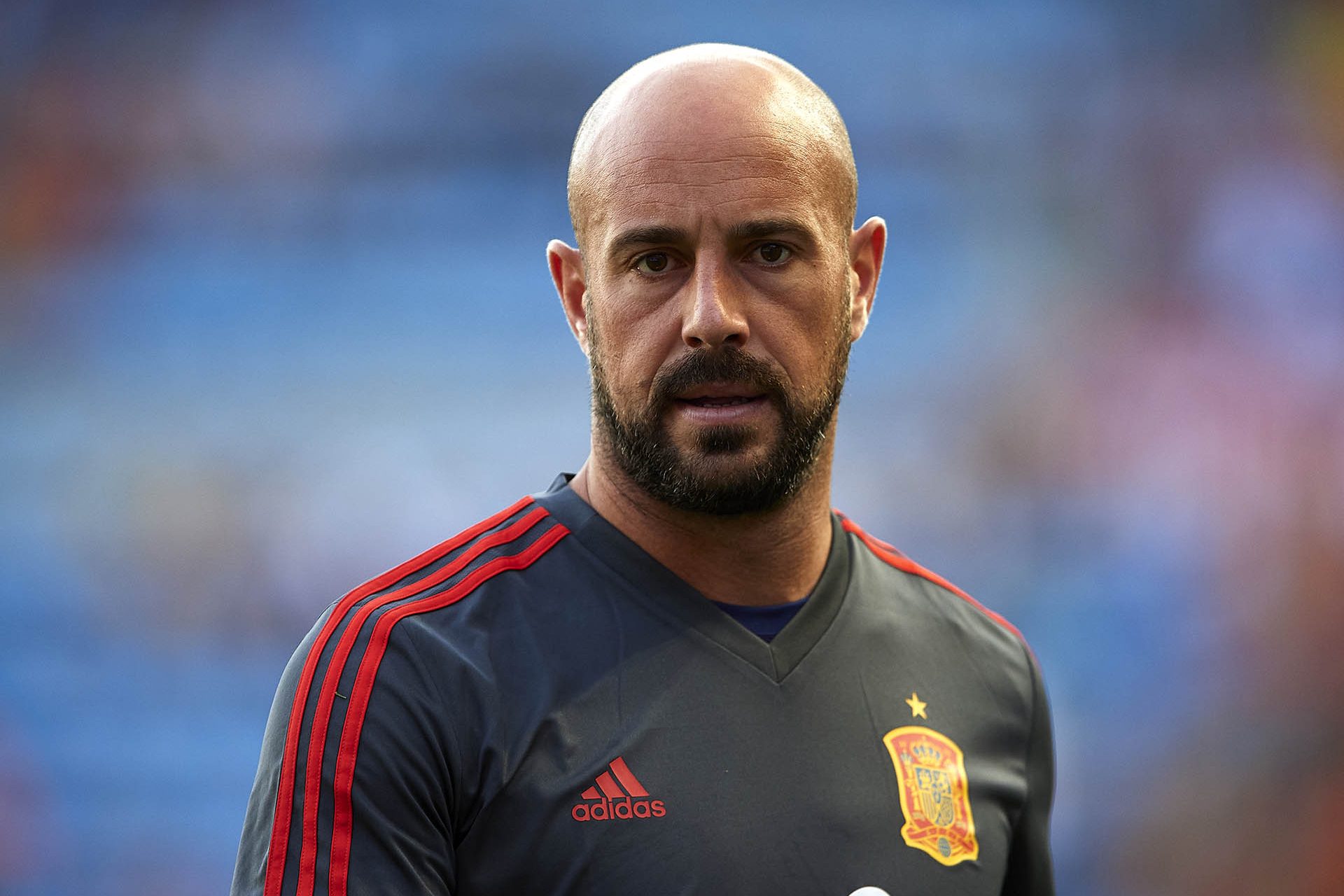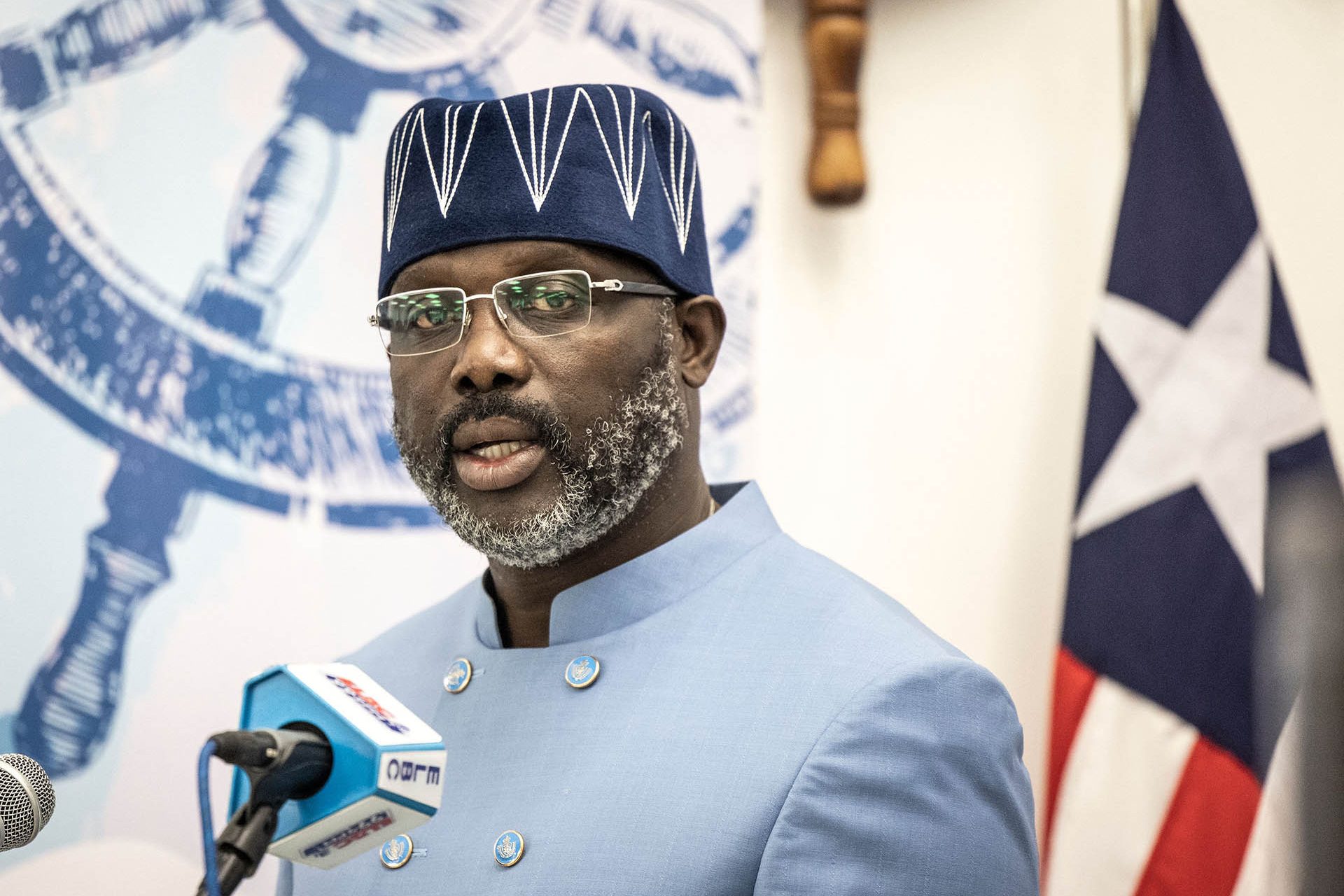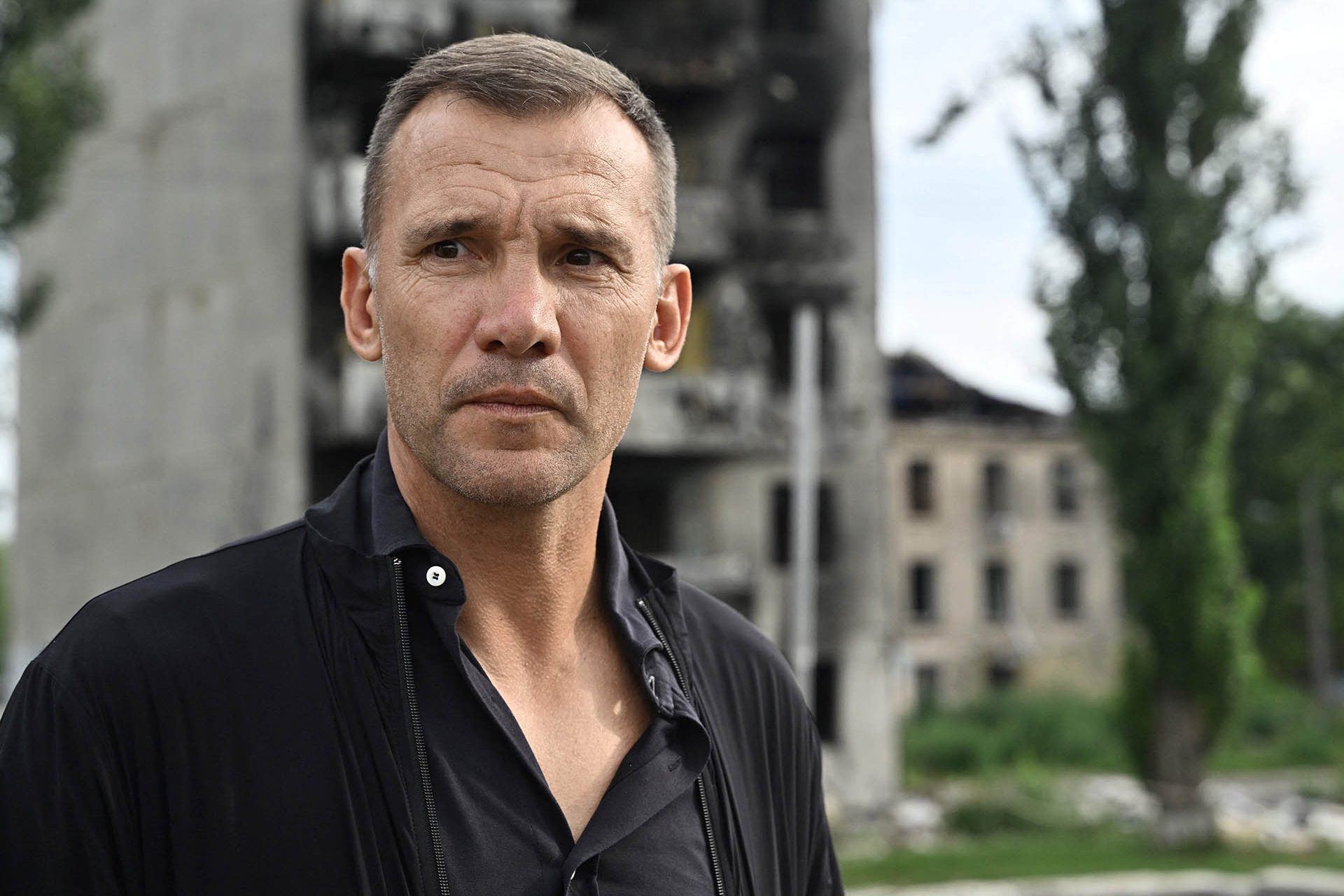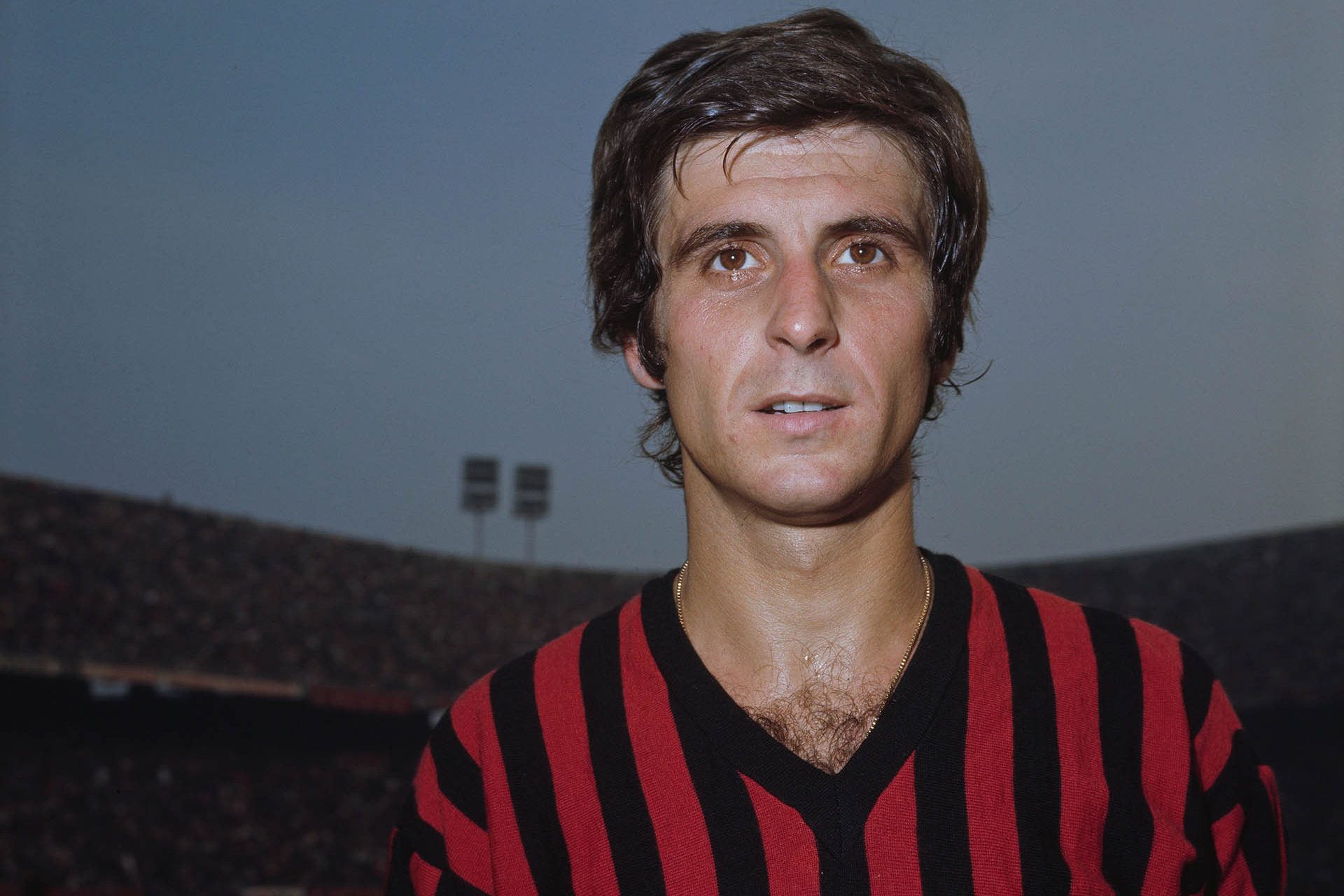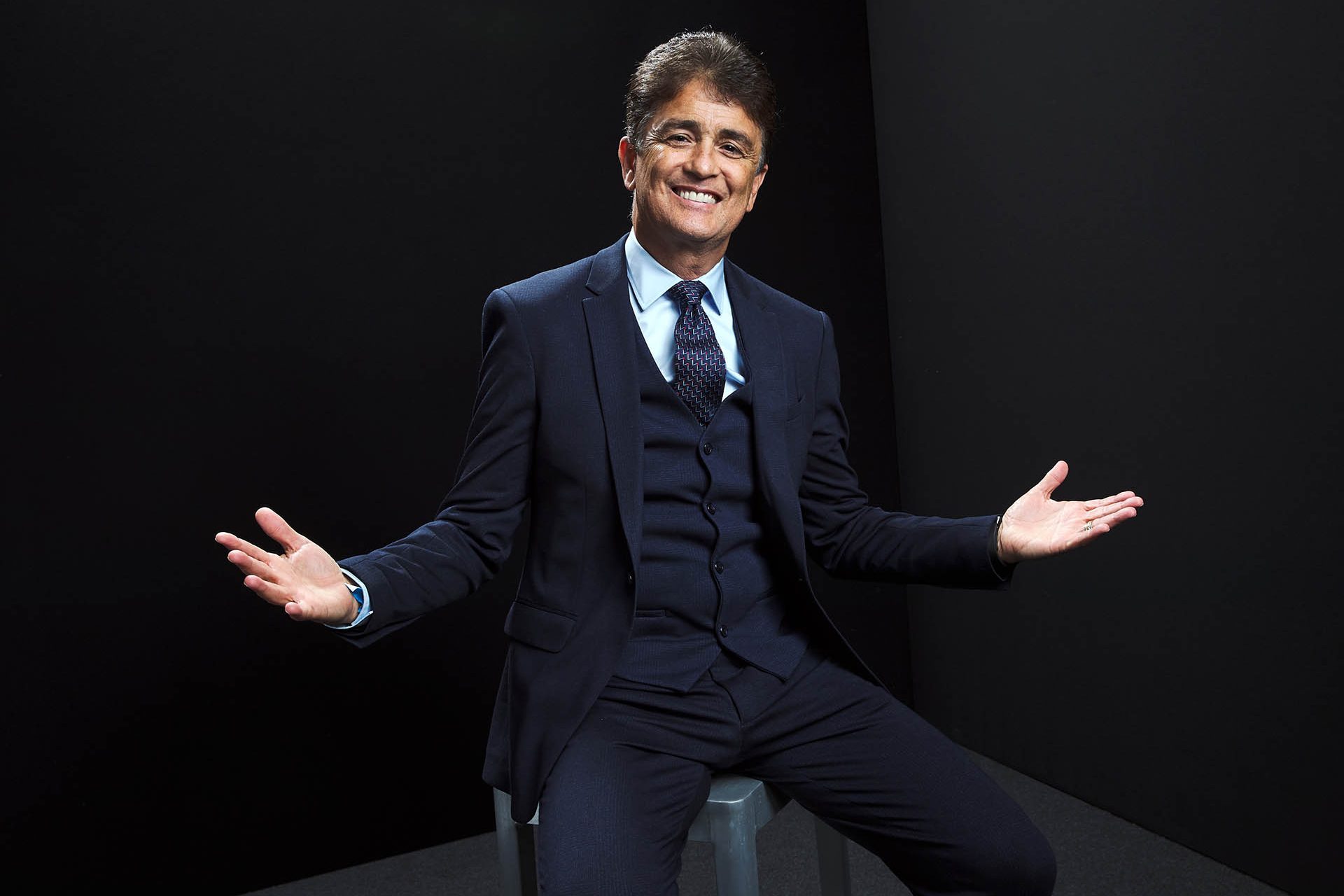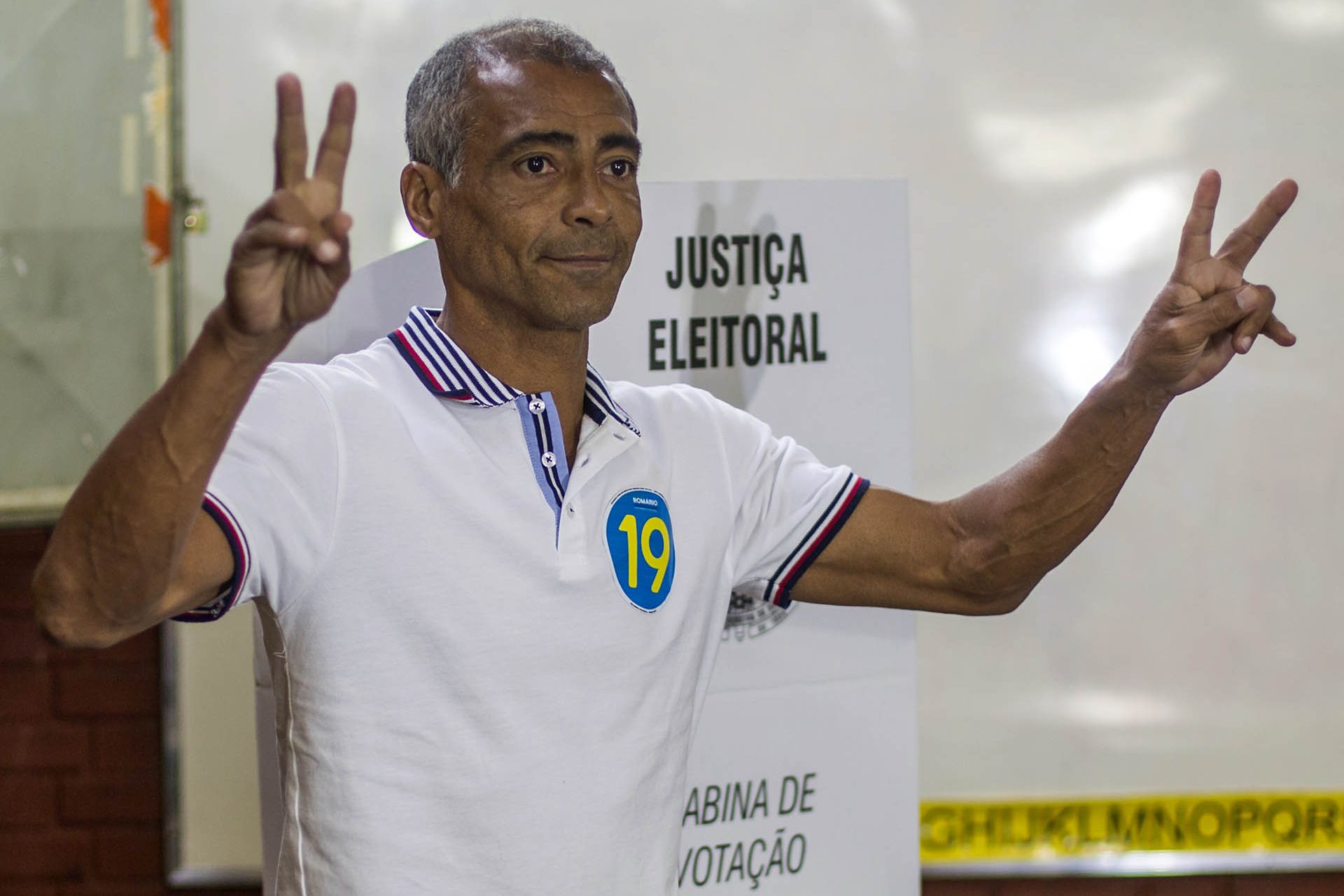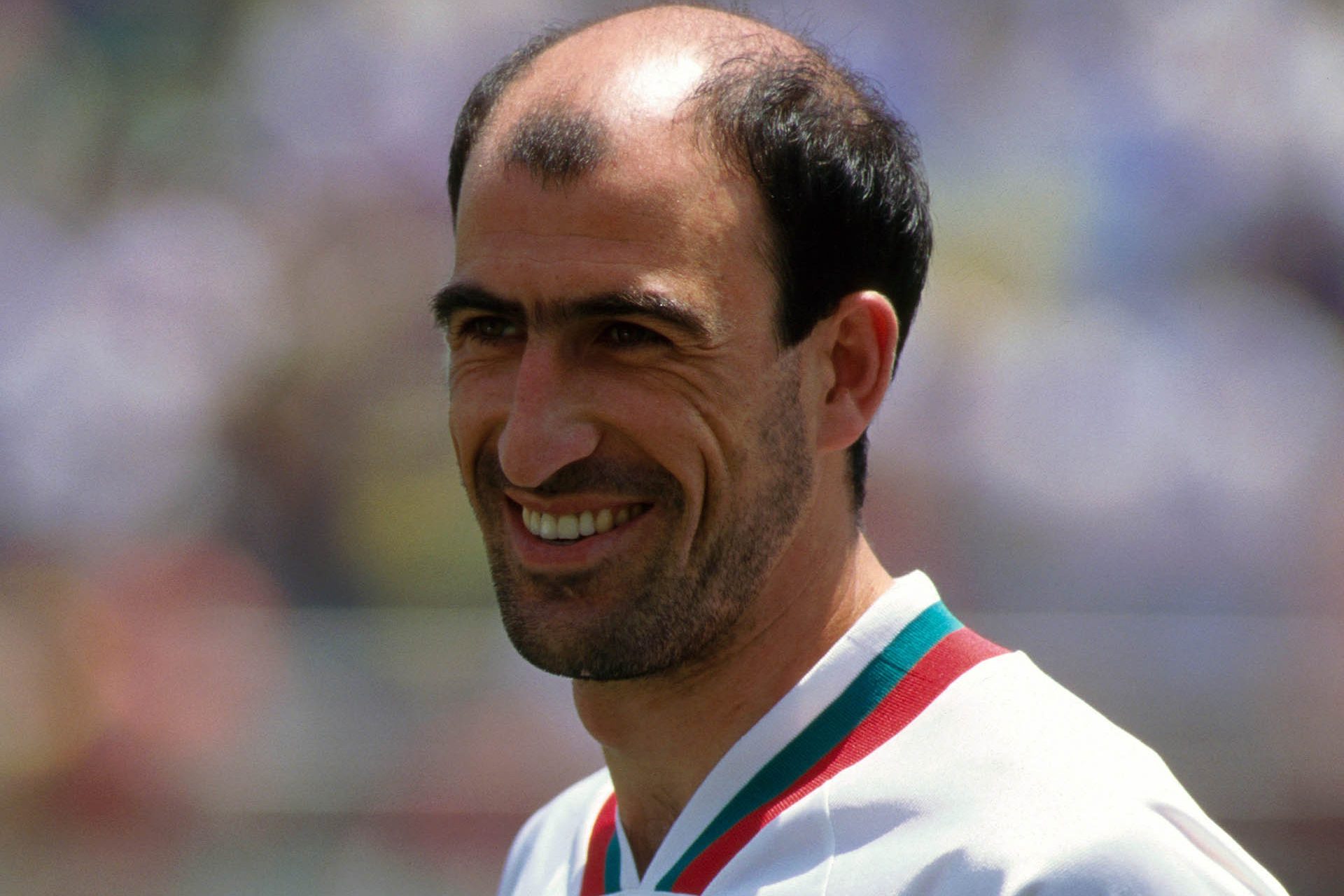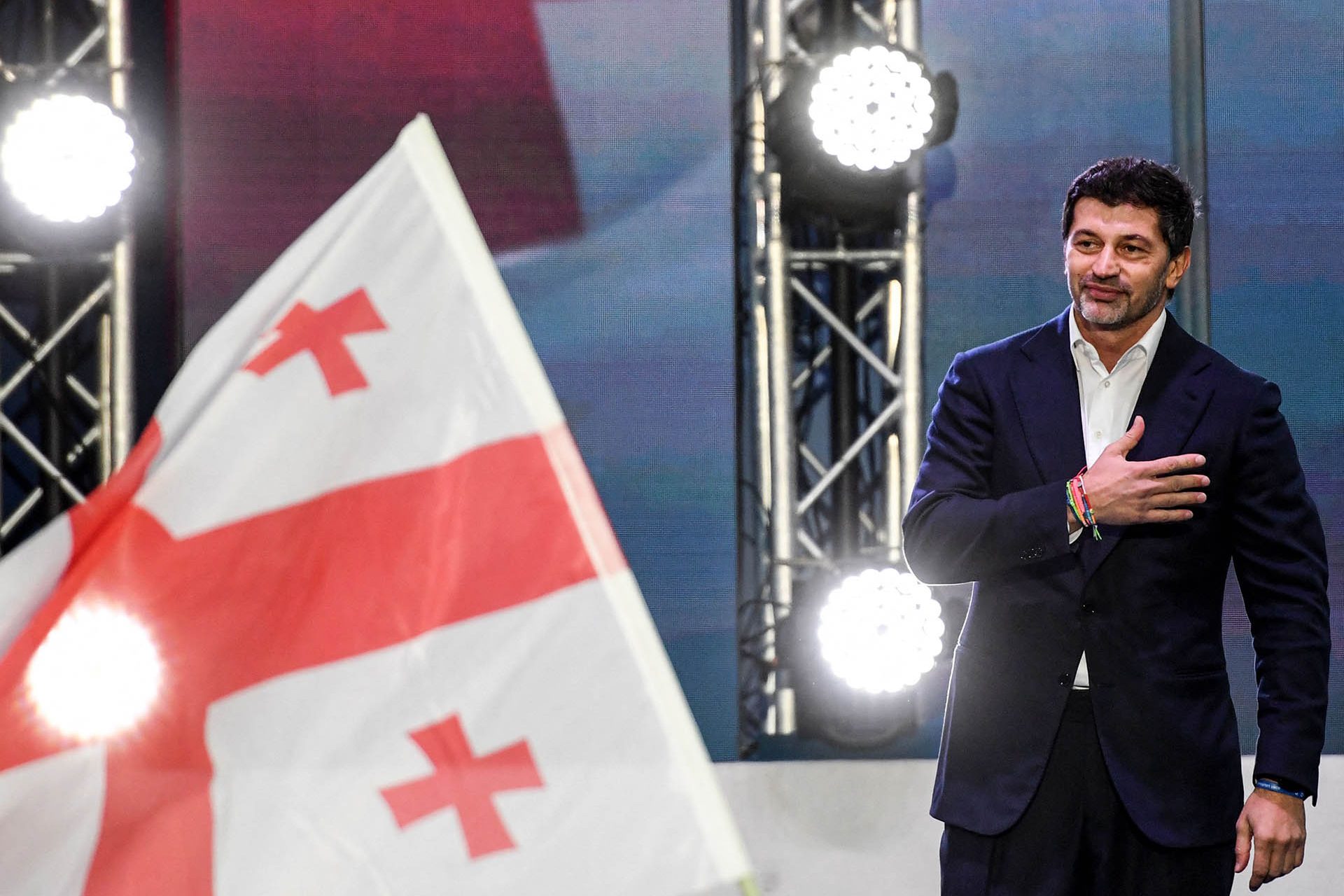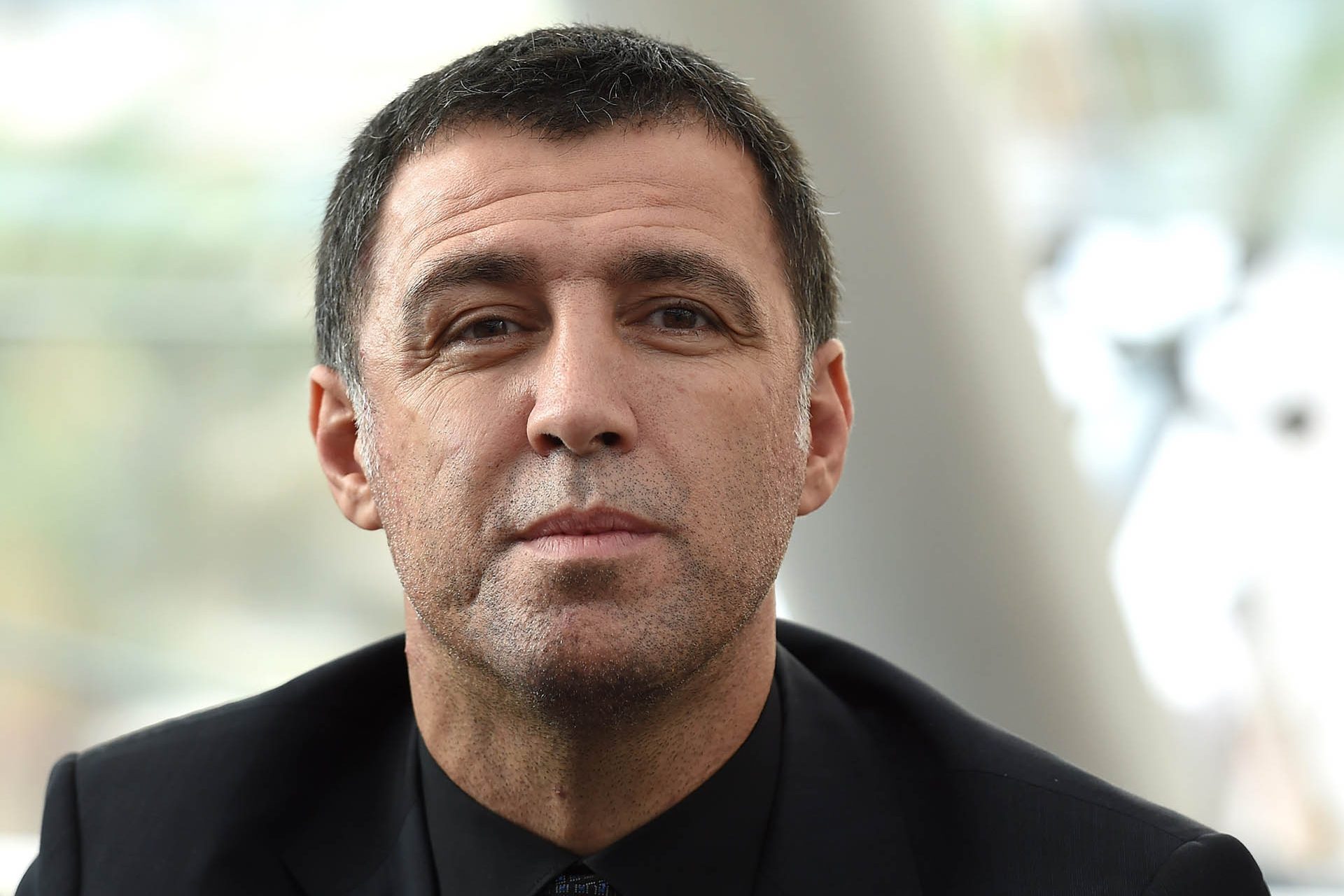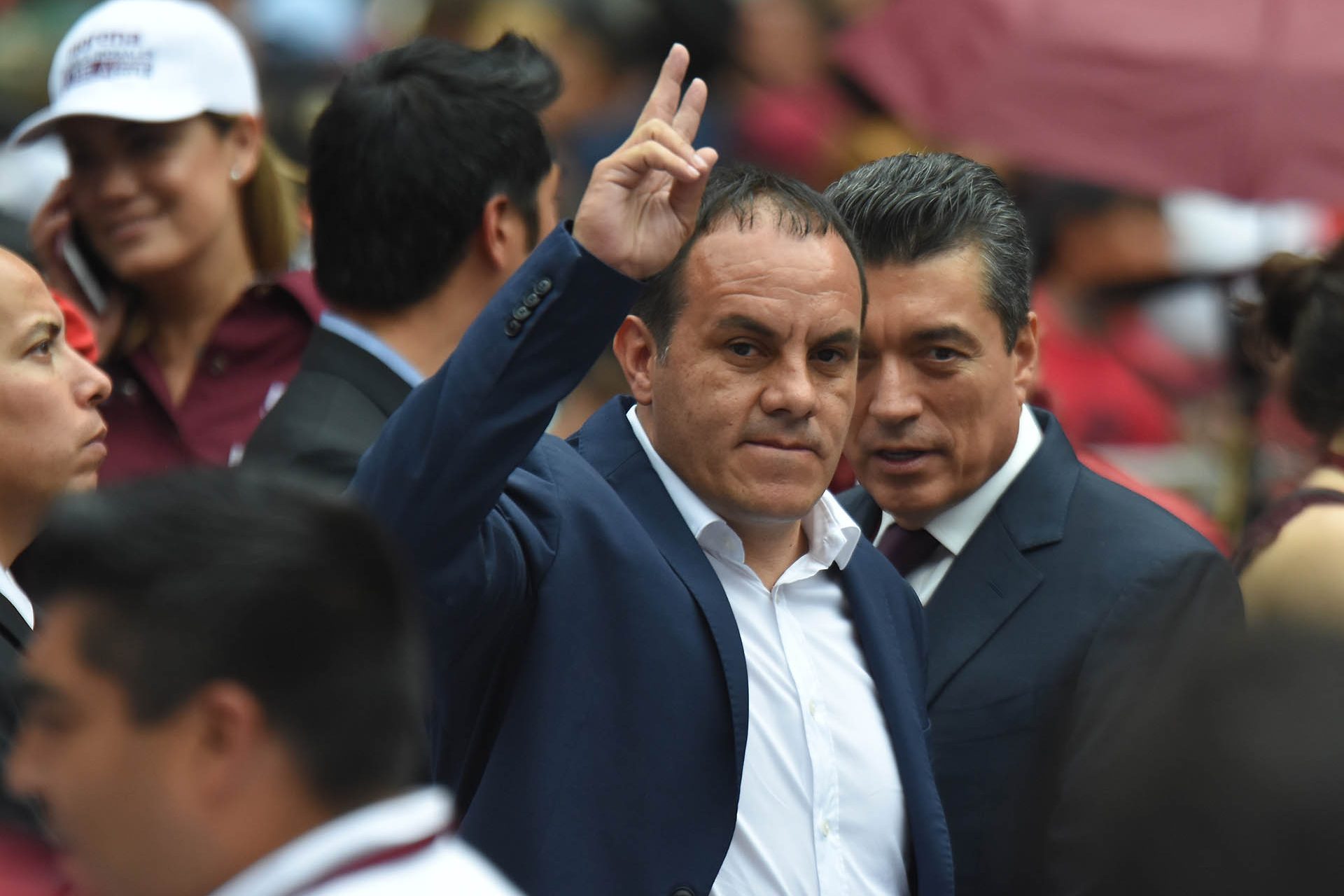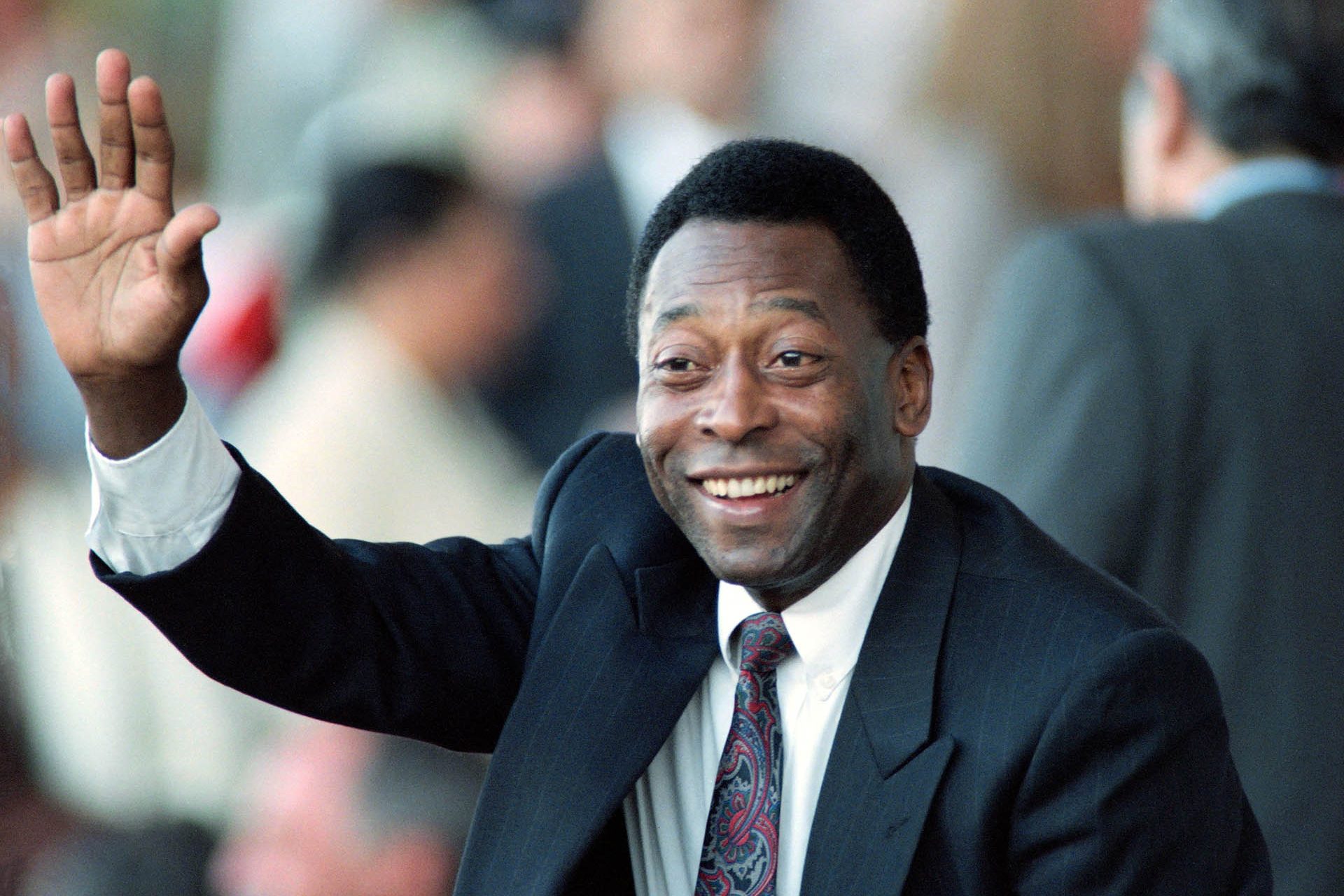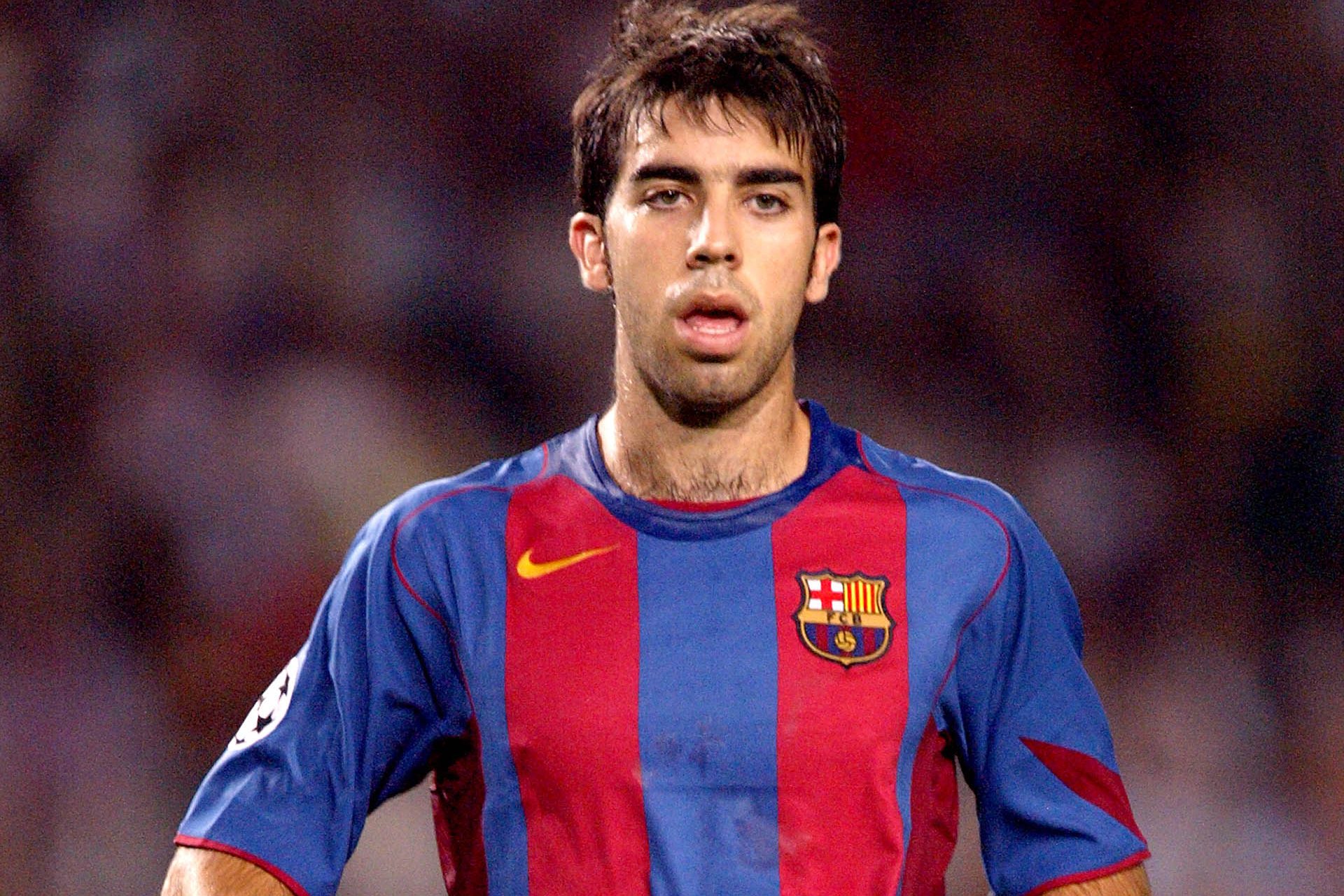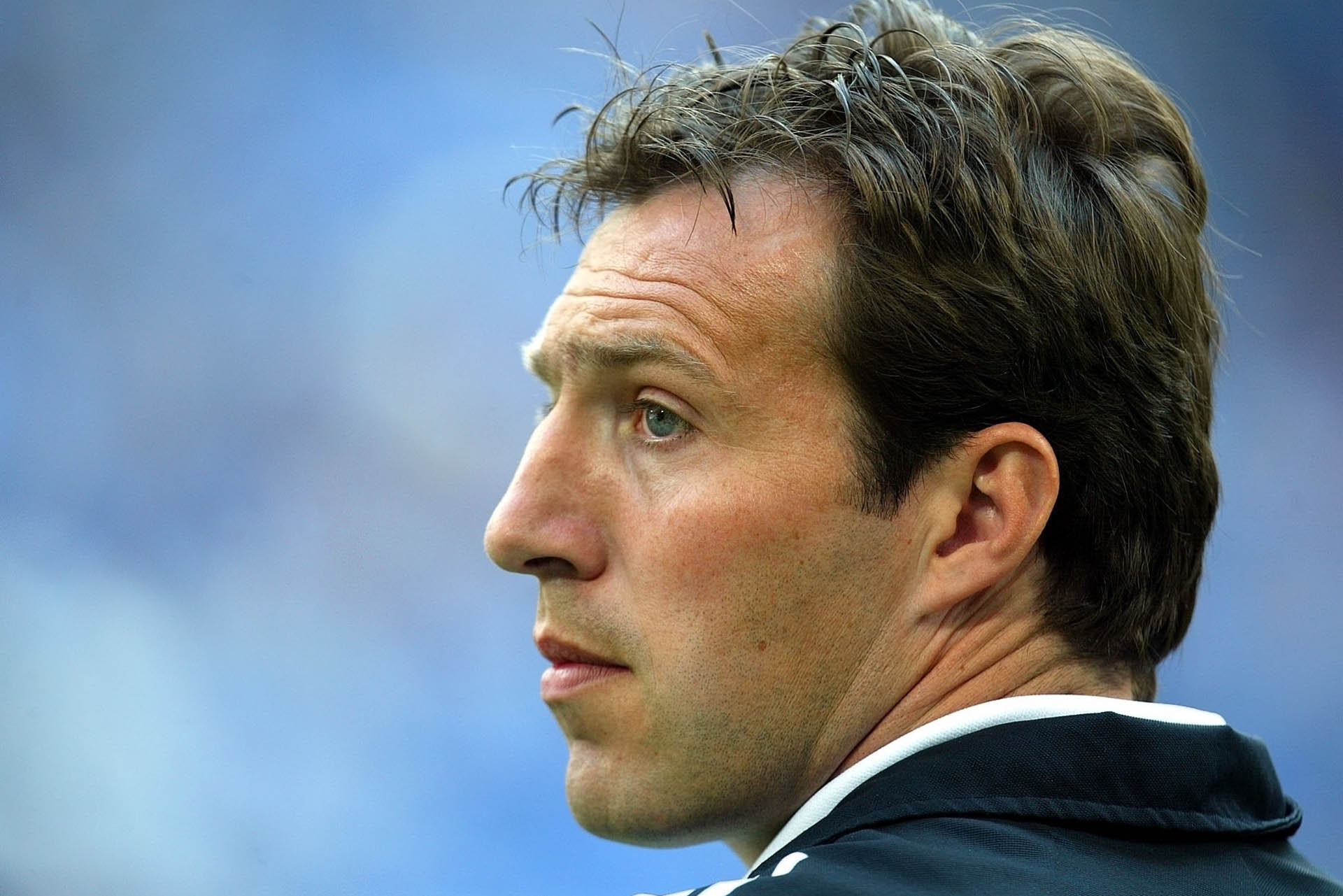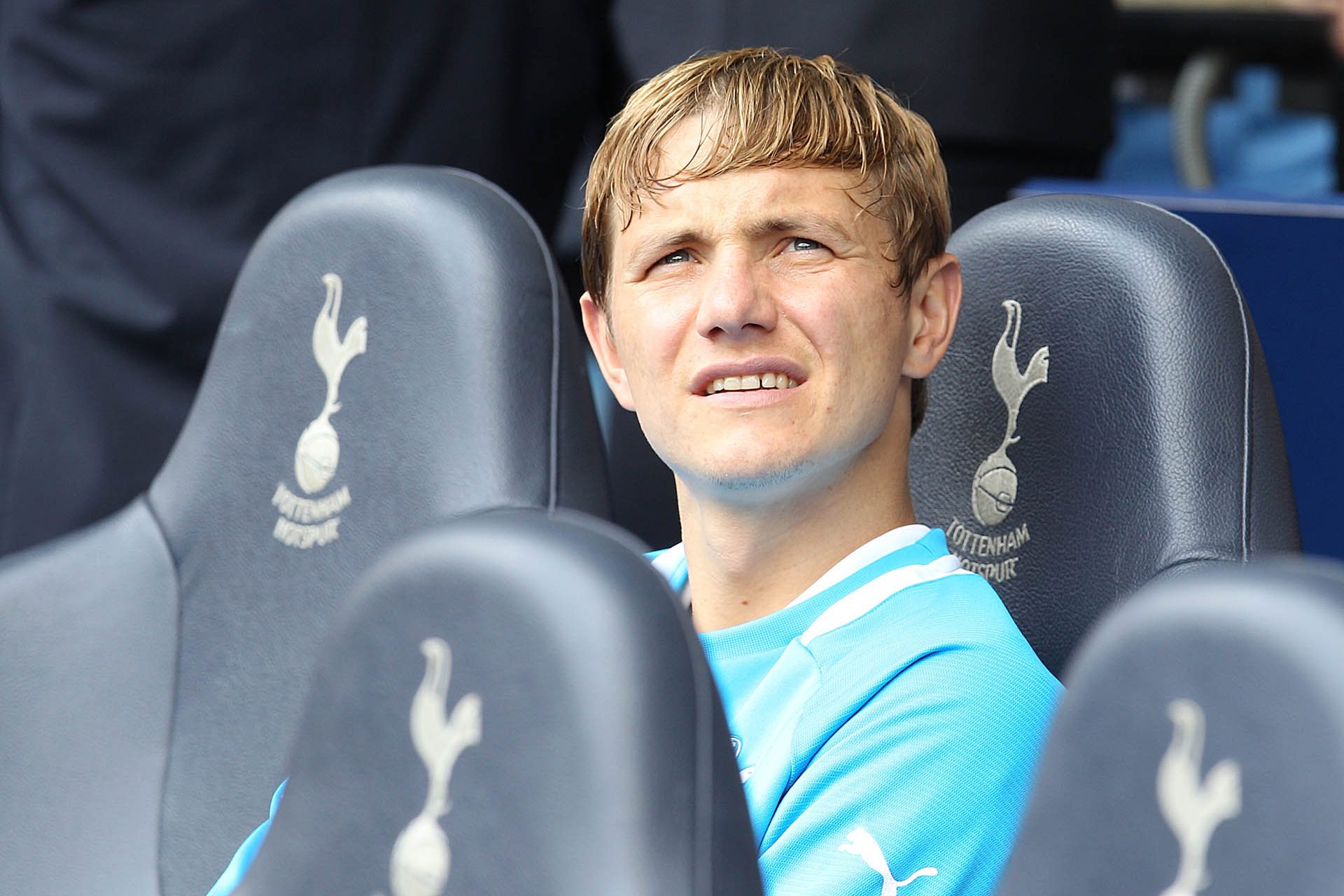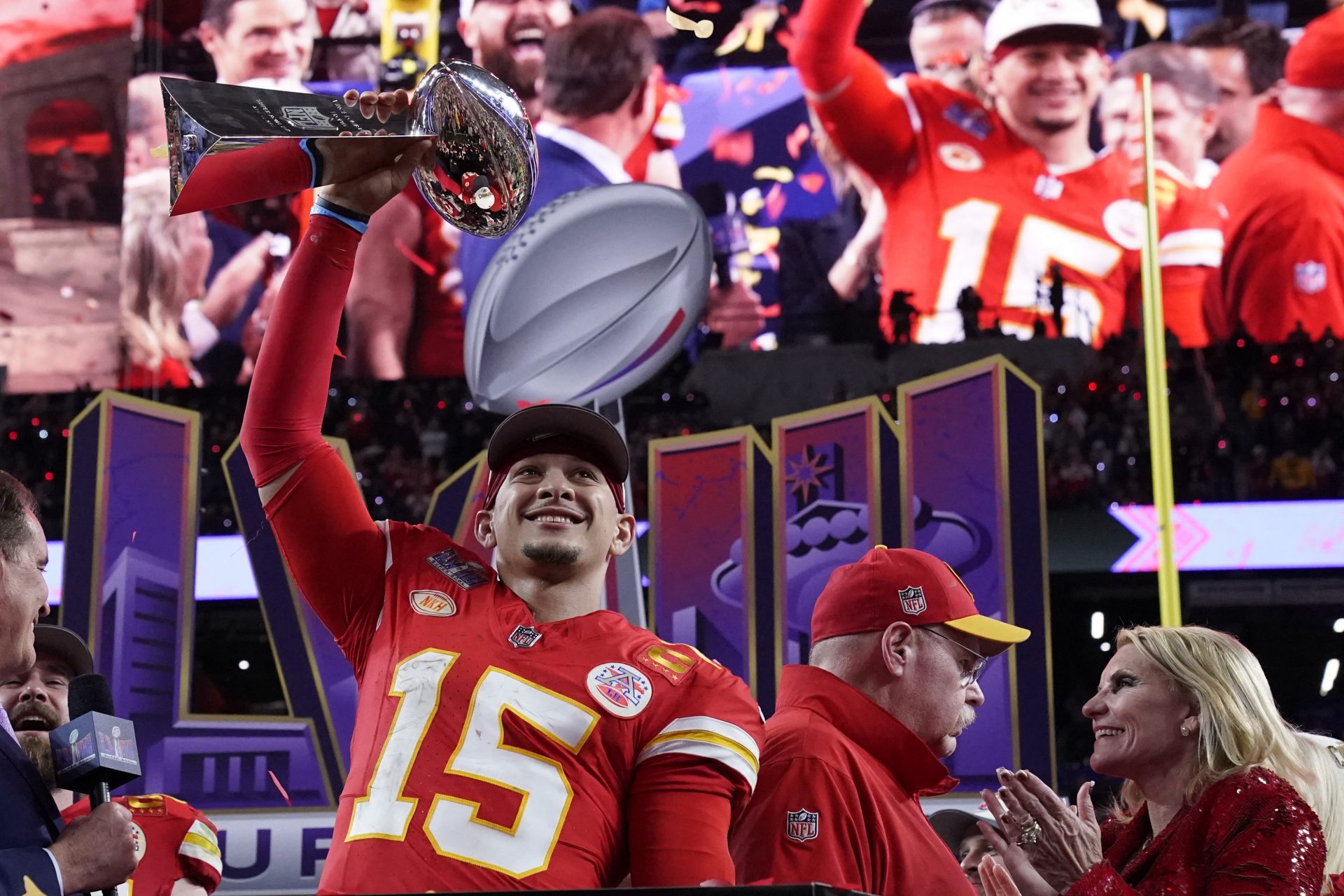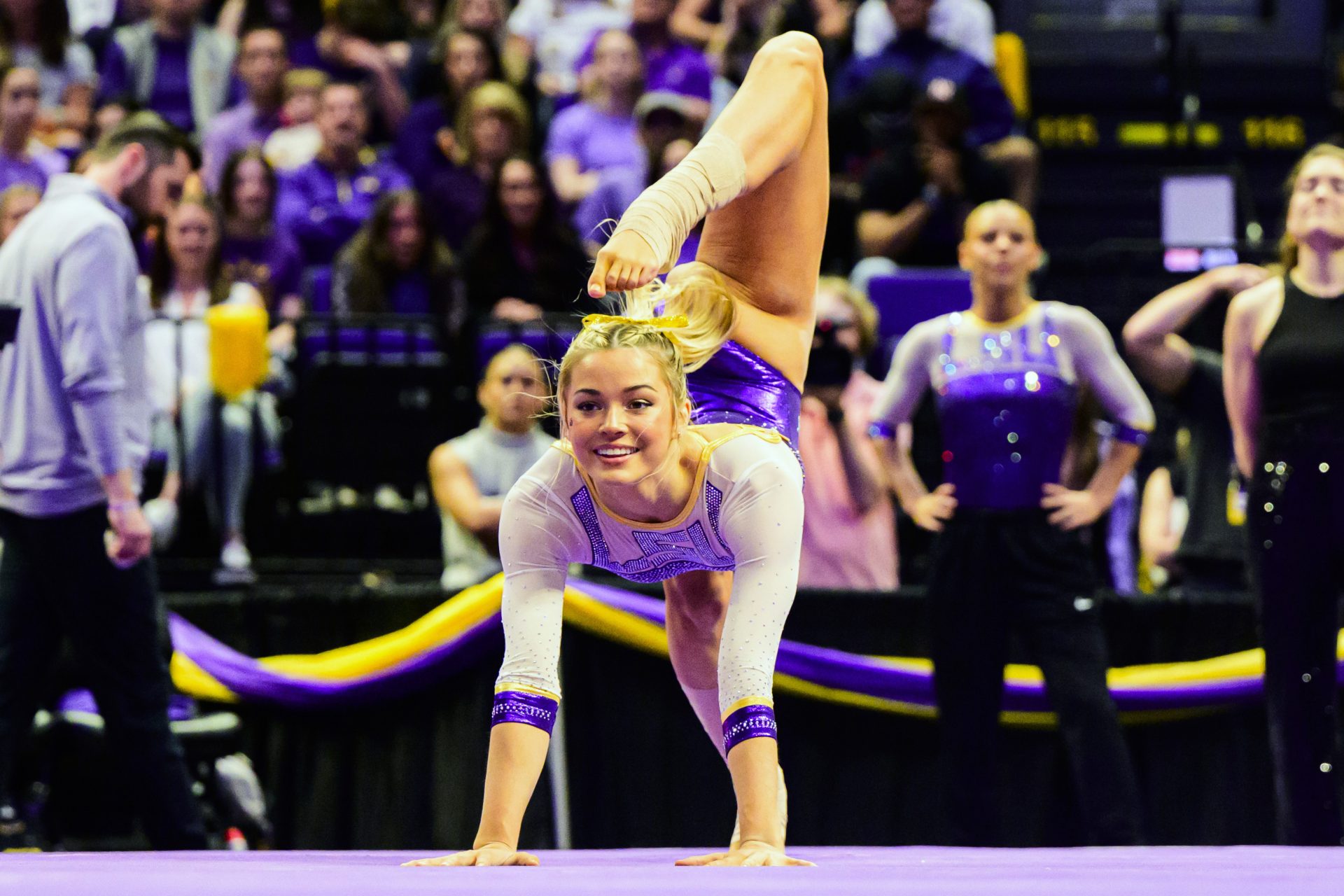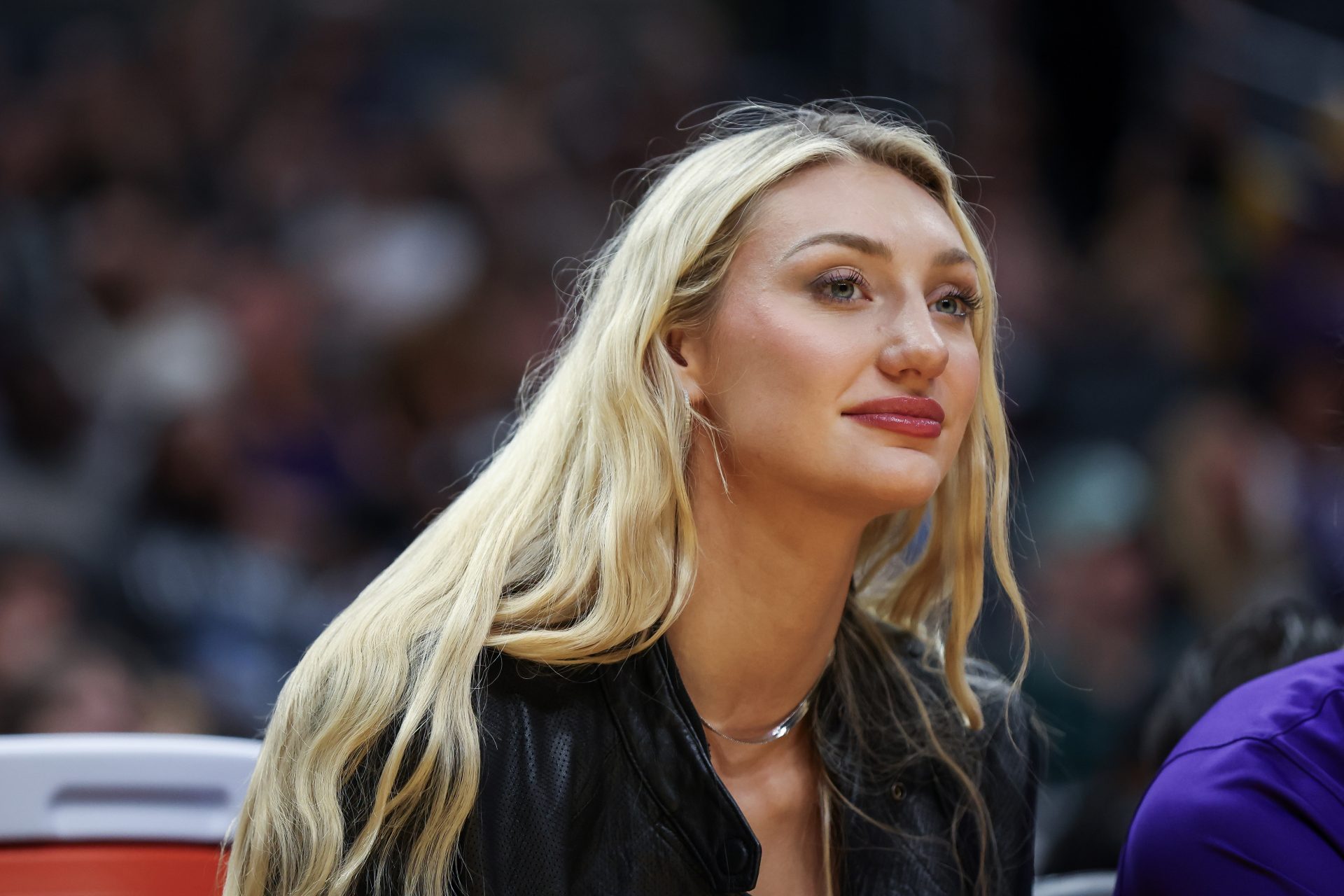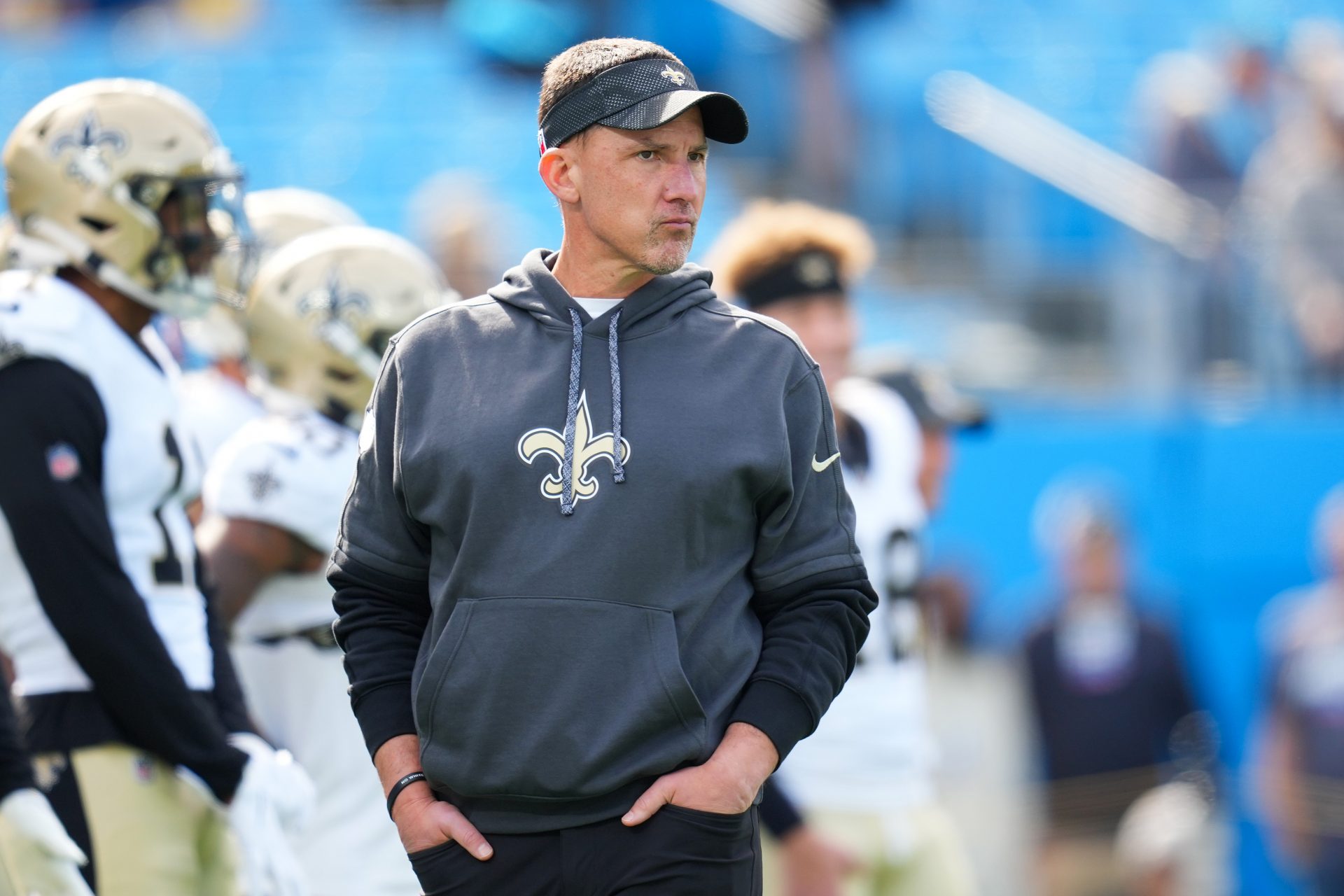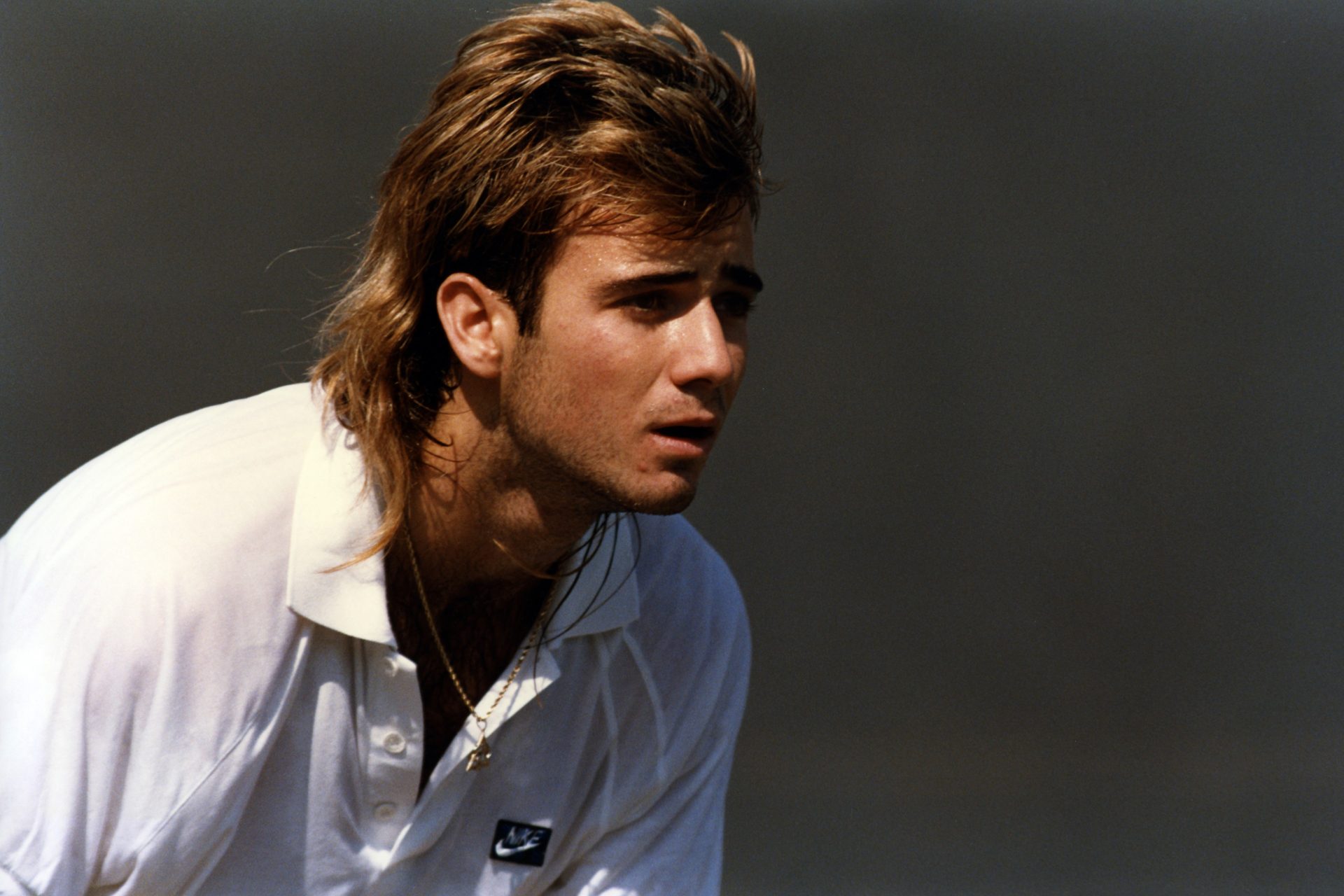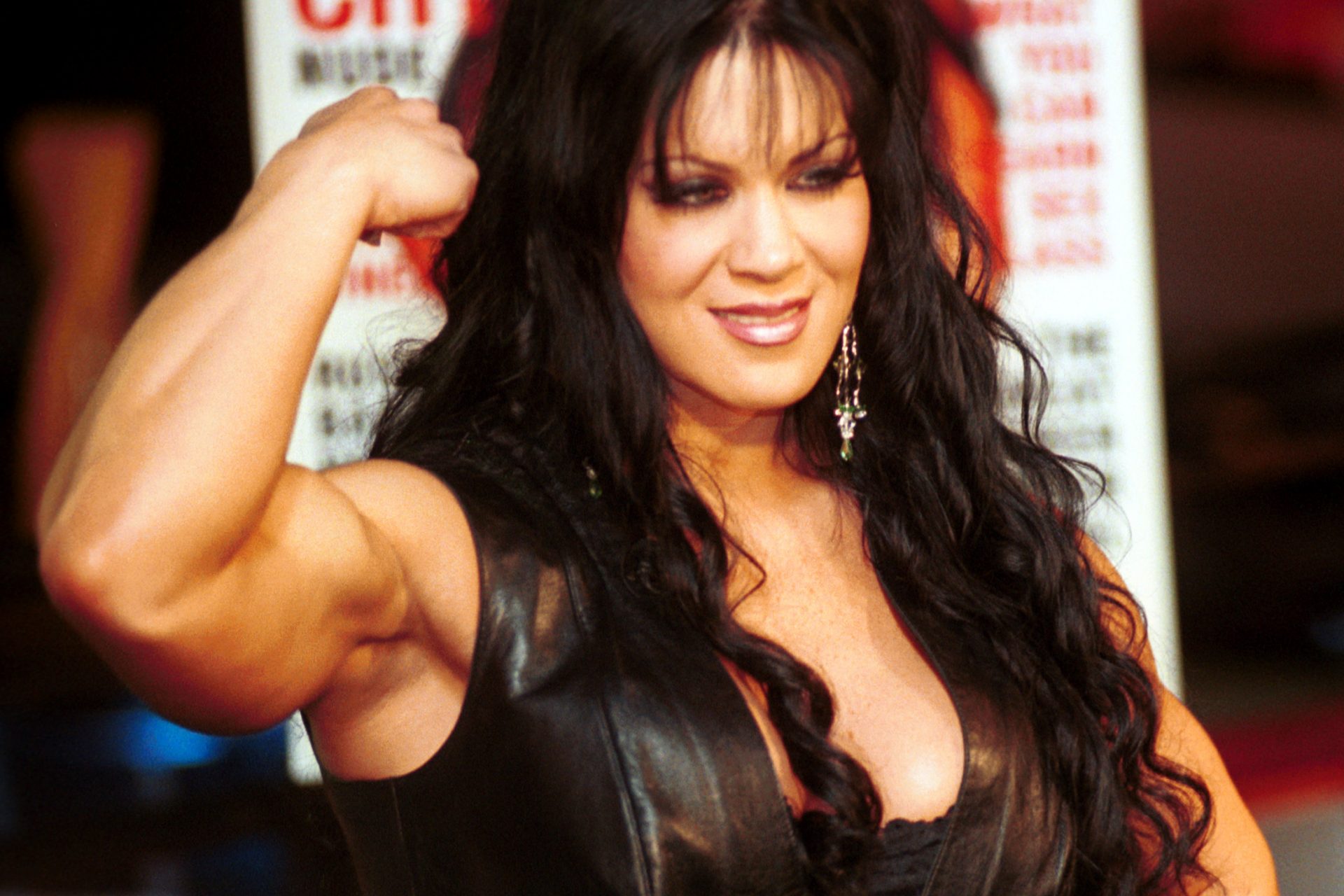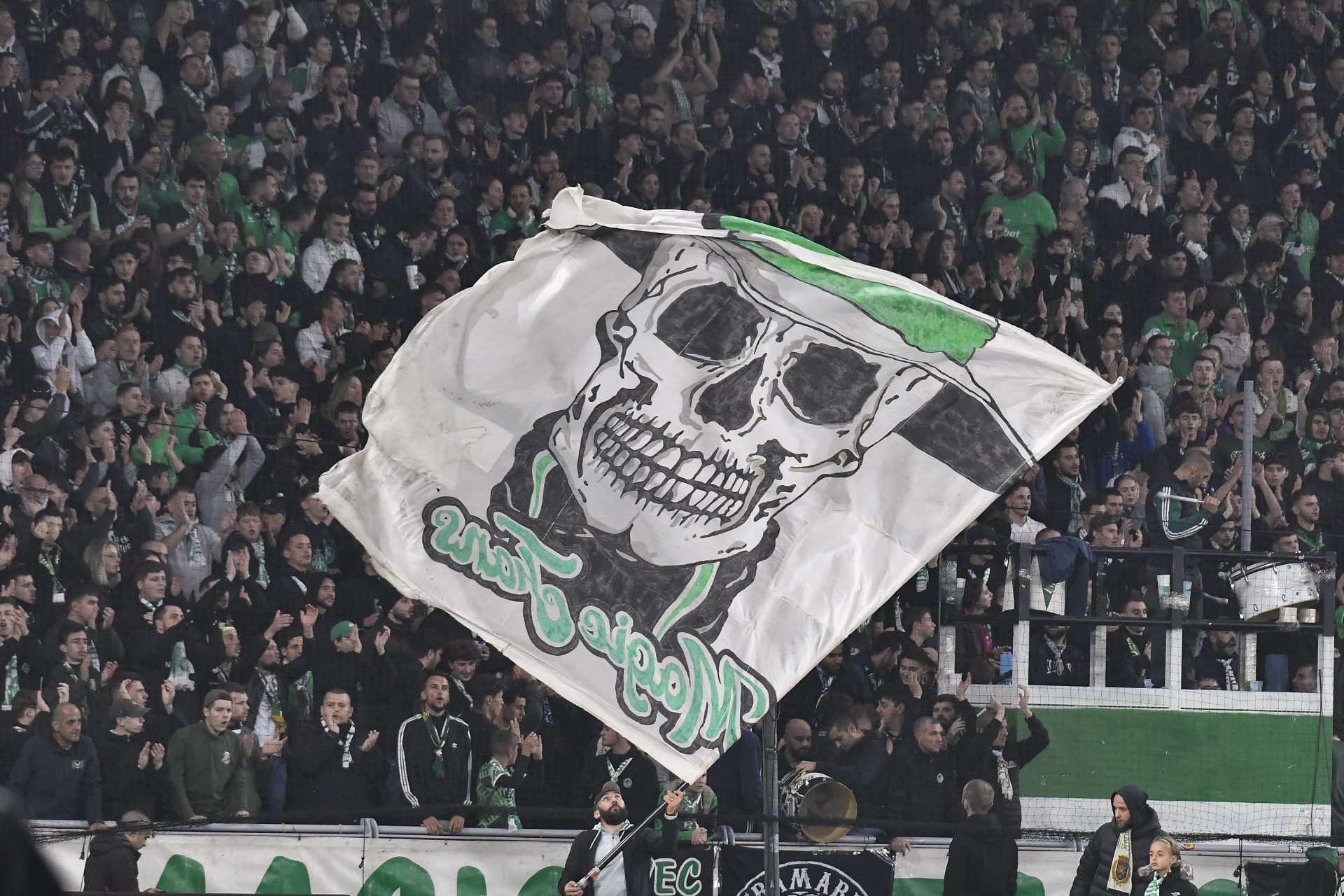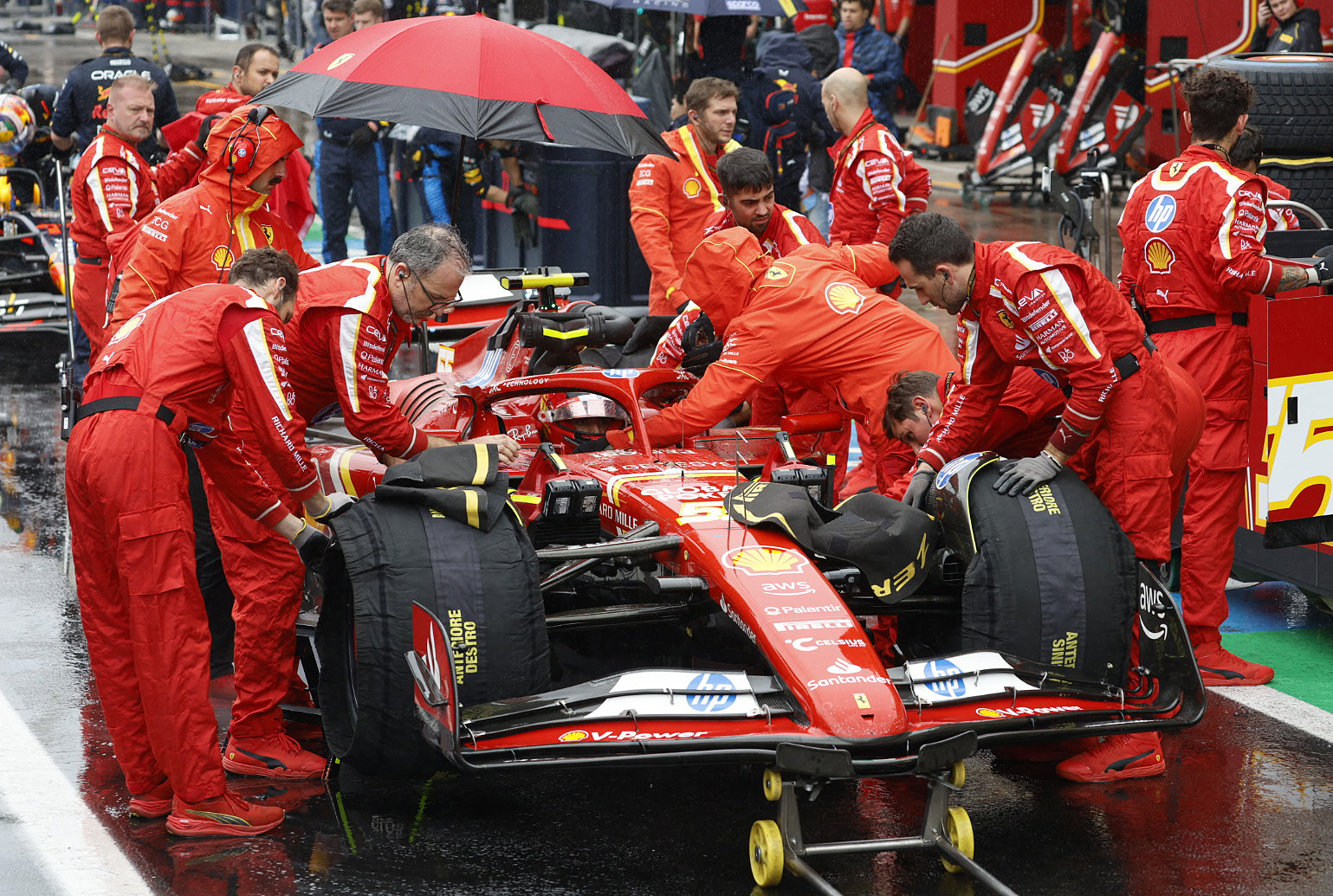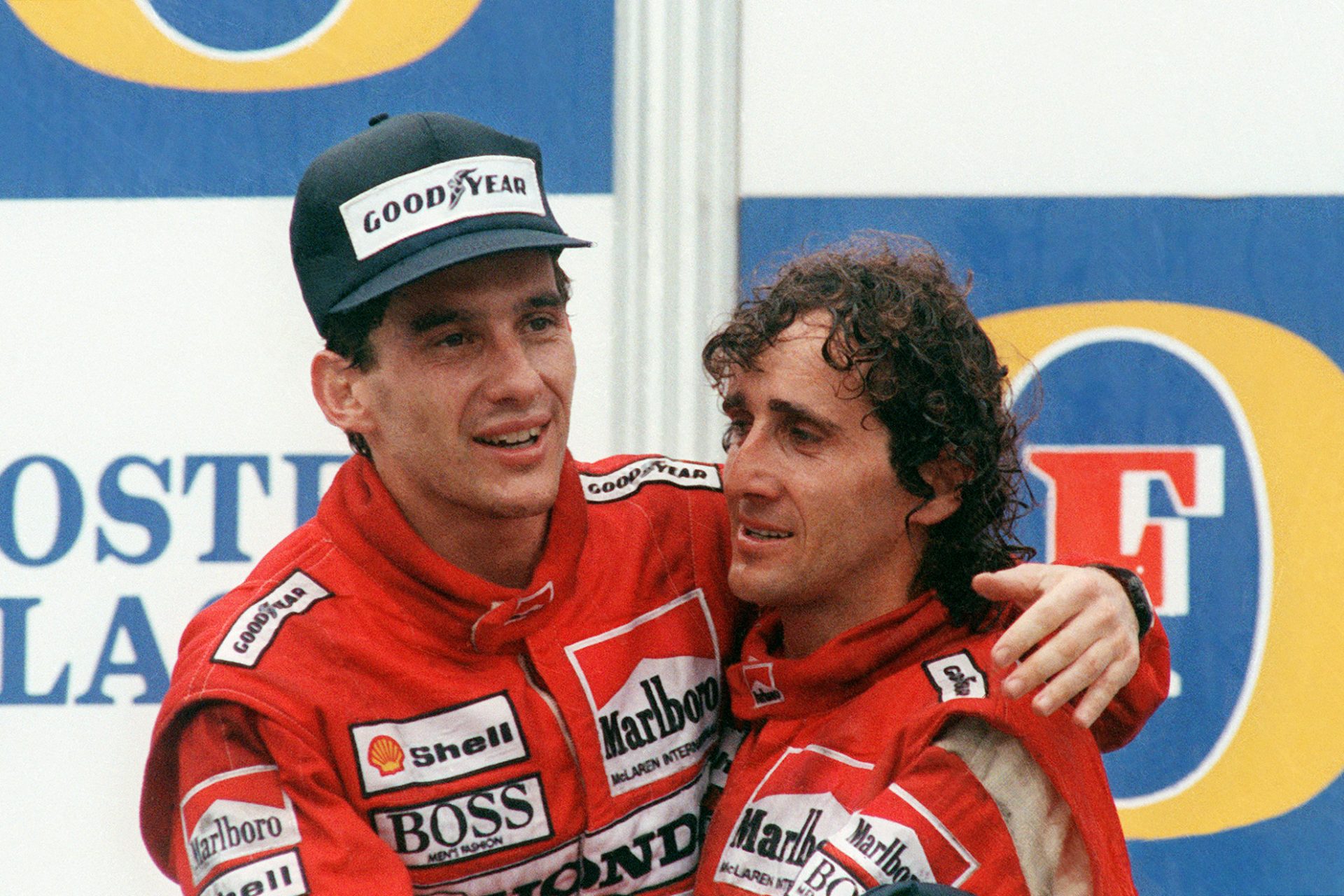Outspoken Athletes: When footballers get political
Athletes often steer clear of public political statements, preferring to keep their focus on the field. Yet, some footballers have chosen to break this mold, voicing their political views and making their positions known to fans and critics alike. Here’s a look at a few players who haven’t hesitated to let their beliefs be heard.
German midfielder, Mesut Özil, publically displayed a tattoo of Turkish far-right ideology on Instagram. Özil is a strong supporter of Turkish President, Erdogan, who represents traditional Islamist values and has positioned himself against the Kurds, as reported by The Independent.
Another good example of a football player, in this case, a former player, involved with political issues is the Portuguese Luis Figo. According to Marca, the former Barcelona and Real Madrid player has publically positioned himself as a right-wing supporter.
Want to see more like this? Follow us here for daily sports news, profiles and analysis!
The former Manchester United striker has always been transparent about his political views. The French striker has publically declared to support left-wing ideologies and champions against social and economic injustices. During an interview for The Guardian, Cantona described some democracies as “dictatorships” that exercise “economic terrorism” over their citizens.
The Italian striker, now retired, made his far-right ideology clear on the pitch. Celebrating goals with his arm raised. In an interview with the Ansa news agency in 2005, he declared: “I am a fascist, but not a racist. I do the Roman salute to greet my fans and those who share my ideas”. Something that he backed out of in 2013 when he signed for English Sunderland, probably to avoid controversy.
The late Argentine forward, for many the best football player of all time, maintained friendly relations and was an assiduous defender of well-known left-wing Latin American politicians, such as Fidel Castro, Hugo Chávez or Nicolás Maduro according to Al Jazeera. His Che Guevara tattoo also leaves little room for doubt...
Another footballer who was exposed as having an ultra-right ideology was the Greek midfielder Giorgos Katidis. During a Greek Super League match, he did a fascist salute after scoring a goal with AEK Athens. After the enormous controversy that arose, he tried to downplay the matter by saying that he did not know its meaning.
Another example similar to that of Katidis or Di Canio was that of the Czech Pavel Horvath, who in 2007 also dedicated a fascist salute to the fans. He would be fined 7,000 euros (£5,900, $7,500 US), as reported by The Guardian.
Born in Livorno, the cradle of the Italian Communist Party, the former striker who played for Napoli, Valencia, Parma, and Atalanta, among others, never hid his ideology. In Livorno he wore the number 99, about the year in which the ultra-left group of the Livorno Autonomous Brigades was founded; and, with Italy, in 1997, he celebrated a goal by showing a shirt with the image of Che Guevara.
Looking back many years, one cannot ignore German defender Paul Breitner, who played for Real Madrid and Bayern Munich. He identified himself as Maoist, an ideology that emerged from communist China. He was always very active in commenting on politics and social issues and did not participate in the 1978 World Cup in Argentina with his team because the South American country was under the right-wing dictatorship of Videla.
Another footballer who has shown his right-wing ideology openly is the Spanish Roberto Soldado (formerly of Real Madrid, Tottenham, Granada, or Levante, among others), who has always been very critical of the socialist government and other left-wing parties in Spain.
Want to see more like this? Follow us here for daily sports news, profiles and analysis!
The former Real Madrid football player does not shy away from politics. In fact, he once reveal his left-wing ideology when, during the COVID-19 restrictions, he liked a social media post by rapper Rayden in which a T-shirt appeared with the message “All Cayetanos are ***holes”, a Spanish term for right-wing supporters.
There are many Catalan footballers and former footballers who have publicly defended the independence of Catalonia from Spain. Pep Guardiola is arguably on if its greatest advocates. "They called me (with the Spanish team) and I had to attend, but I could not deny what one feels, what one loves, and I feel closely linked to my country: Catalonia," he said during an interview in 2005, reported by Goal.
Another former Barcelona player, Xavi did not give many clues about his ideology and could even be heard saying "Long live Spain!" during the World Cup celebration of the 2010 World Cup. But, once off the playing field, he has clarified his ideology with controversial statements. “Qatar is not a democracy, but it works better than Spain”, he said during an interview for Marca in 2019.
The former Catalan defender has never openly declared himself publically, but he did tell the media that he had always "firmly supported the right to decide [vote]", referencing the 2019 Catalan referendum.
The legendary Milan goalkeeper, the Italian Christian Abbiati, assured in an interview with La Gazzetta dello Sport in 2008: "I am a right-wing man and I voted for the right in the elections." The Italian declared himself a voter of the far-right party 'La destra'. "I make certain values my own: the homeland, the social order, and respect for the Catholic religion," he said then.
Socrates, a Brazilian football player who played for Fiorentina, Corinthians, Santos, and Flamengo, has always publicly described himself as a socialist. He was a firm supporter of the Brazilian Workers Party.
The arrival of the Ukrainian Roman Zozulya to La Liga was highly controversial. The striker has always shown appreciation for the extreme right in Ukraine and has been photographed wearing shirts with a symbol similar to that of the Pravy Sector. His signing for Rayo Vallecano, with ultras from the opposite spectrum, caused great controversy which eventually stopped his signing.
The Basque midfielder, who was a member of Real Madrid and Real Sociedad, signed a manifesto in 2019 to release those he considered Catalan "political prisoners" after the attempted secession from Spain that took place in Catalonia, according to 20Minutos.
The Spanish international goalkeeper has always made it clear he followed right-wing ideologies. He has been highly criticized for his unconditional support for the extreme-right party VOX (Spanish political party).
Others went a step further and turned politics into their profession, such as the Liberian George Weah, Ballon d'Or and legend of Milan, who began his career as a senator in 2015 to become the 25th president of the Republic of Liberia.
Want to see more like this? Follow us here for daily sports news, profiles and analysis!
Another Ballon d'Or and also a Milan legend, although in this case Ukrainian, is Andriy Shevchenko, who, after his retirement in 2012, has been very active on the political front. That same year he presented himself as a deputy for the conservative Ukraine Forward party.
The legendary footballer for Milan and the Azzurra in the 1960s, the first Italian to win the Ballon d'Or, was first elected deputy in 1987 and developed a long career through different political groups, becoming Deputy Secretary of Defense with the President Romano Prodi.
One of the most elegant Brazilian forwards and a myth of the 90s, Bebeto, was elected in 2010 as a deputy in Brazil for the state of Rio de Janeiro and he did so together with the PDT, the Brazilian Democratic Labor Party.
Romário, another Brazilian, also a striker and another football legend, also got involved in politics, in his case with the PSB, the Brazilian Socialist Party, with which, like Bebeto, he began his career as a deputy in 2010 and became a senator in 2014.
The legendary Bulgarian striker ran for mayor of his city, Sliven after his retirement in 2003. His political career ended fairly soon after he was sentenced to prison for embezzlement and abuse of power, according to The Guardian.
The Georgian international who won a Champions League with Milan in the 2000s led the Georgia Dream Democratic Party and won the elections becoming deputy prime minister in 2017.
Regarded as one of the best Turkish strikers, Sukur hung up his boots in 2008 after a good spell with Galatasaray, just three years later, he was appointed to parliament by the Turkish President.
The former Mexican striker ended his football career at América in 2016, he began his political career that same year with the Social Democratic Party of Morelos. He became the municipal president of Cuernavaca.
Pelé declared his political views after he joined Fernando Henrique Cardoso's Government as Minister of Sports -between 1994 and 1998-, with the Brazilian Social Democracy Party (PSDB), a center-left group.
In Spain, we have another clear example of a footballer with a strong Catalan ideology. This is Oleguer Presas, who refused to join the Spanish national team in 2012. He was a firm believer in Catalan indepence.
The former Belgian football player was regarded as one of the best midfielders during the 1990s. He had a brief stint in politics in his country after retiring from football in 2003. He joined the Reform Movement, a liberal and Christian democratic party.
In 2014, at just 26 years old and as an English Tottenham player, Roman Pavlyuchenko was elected as a deputy by the Duma of the Russian city of Stavropol, his hometown. The player has strong ties with Vladimir Putins party, as covered by The Guardian.
Want to see more like this? Follow us here for daily sports news, profiles and analysis!
More for you
Top Stories



